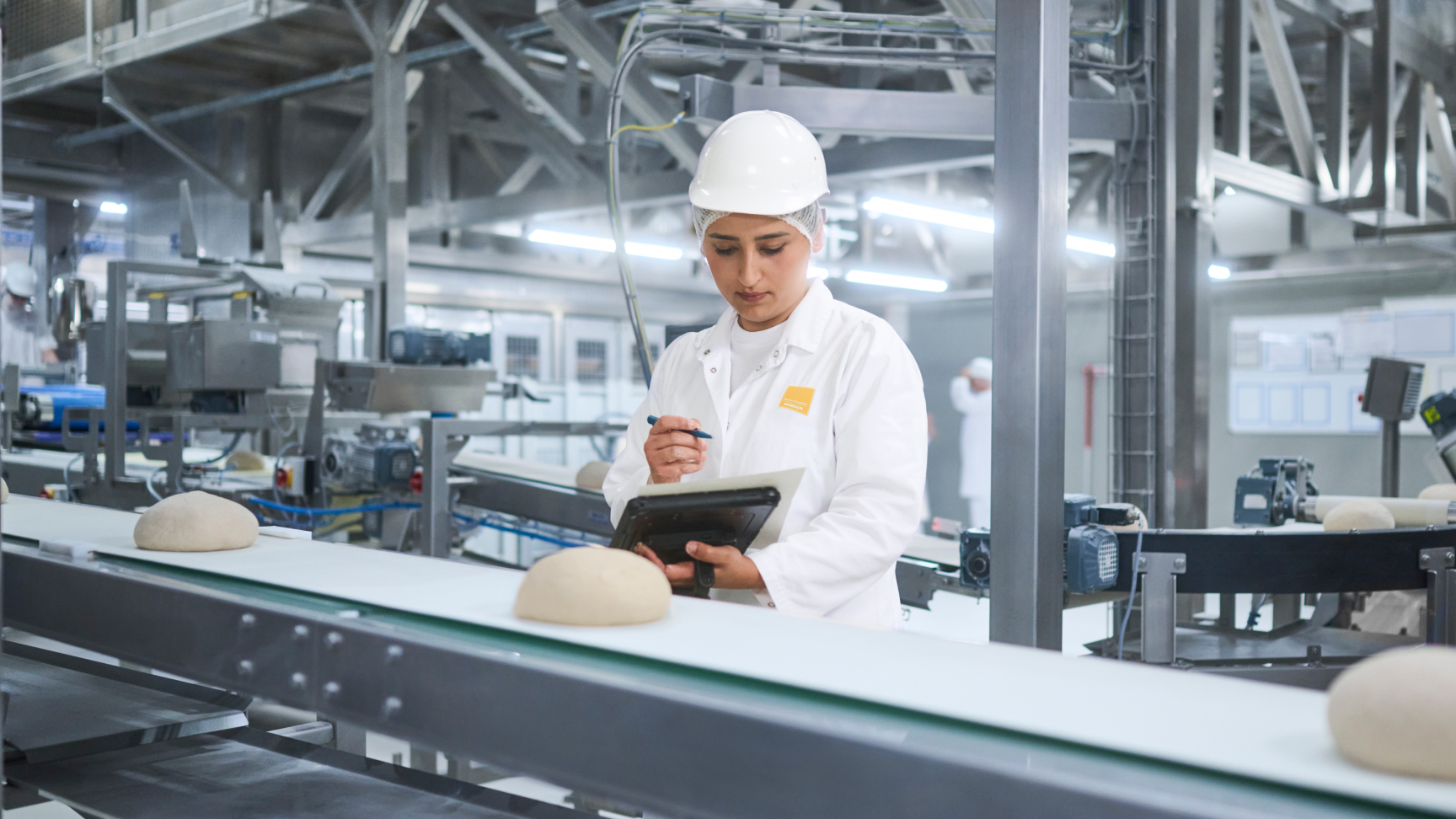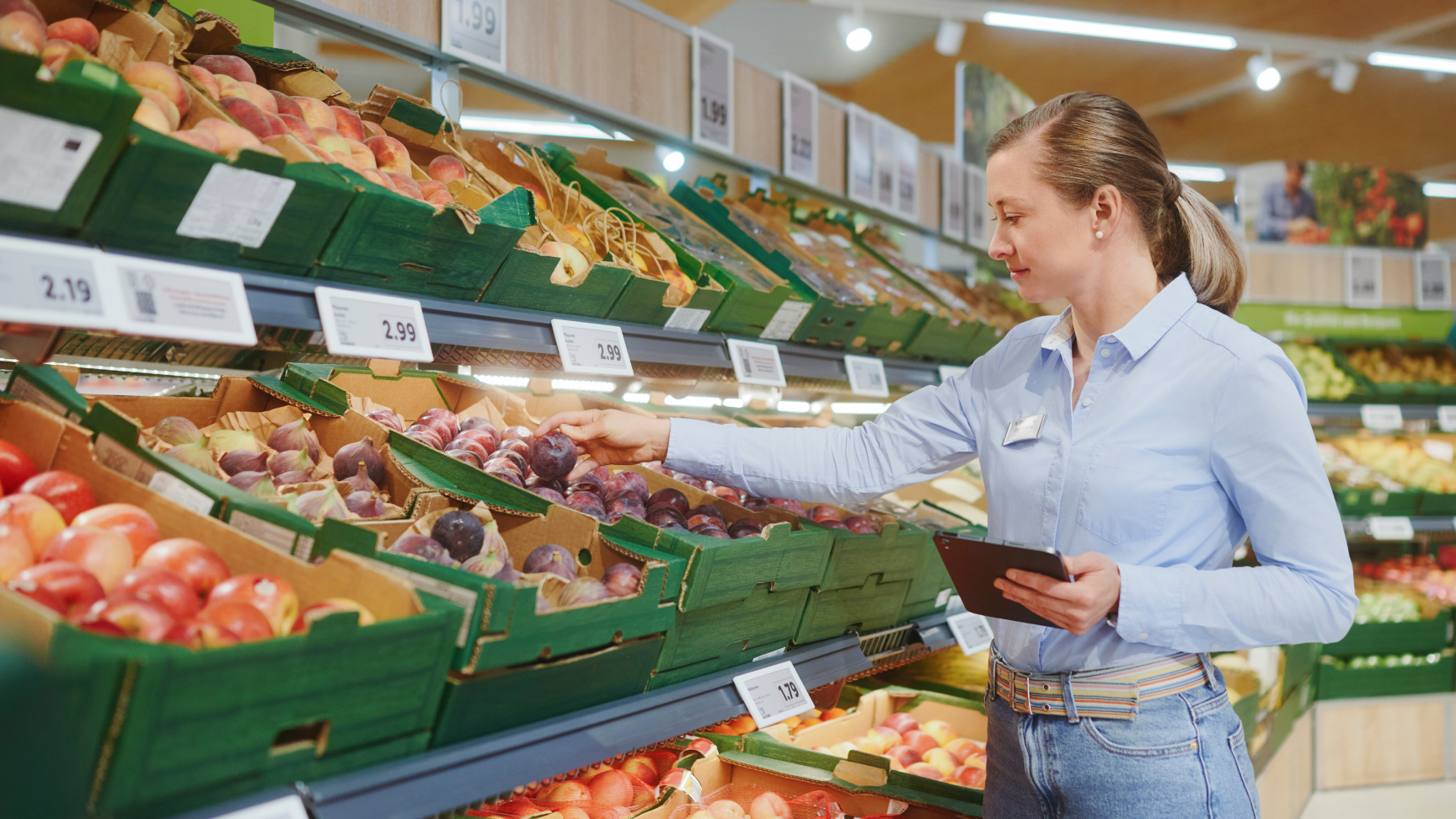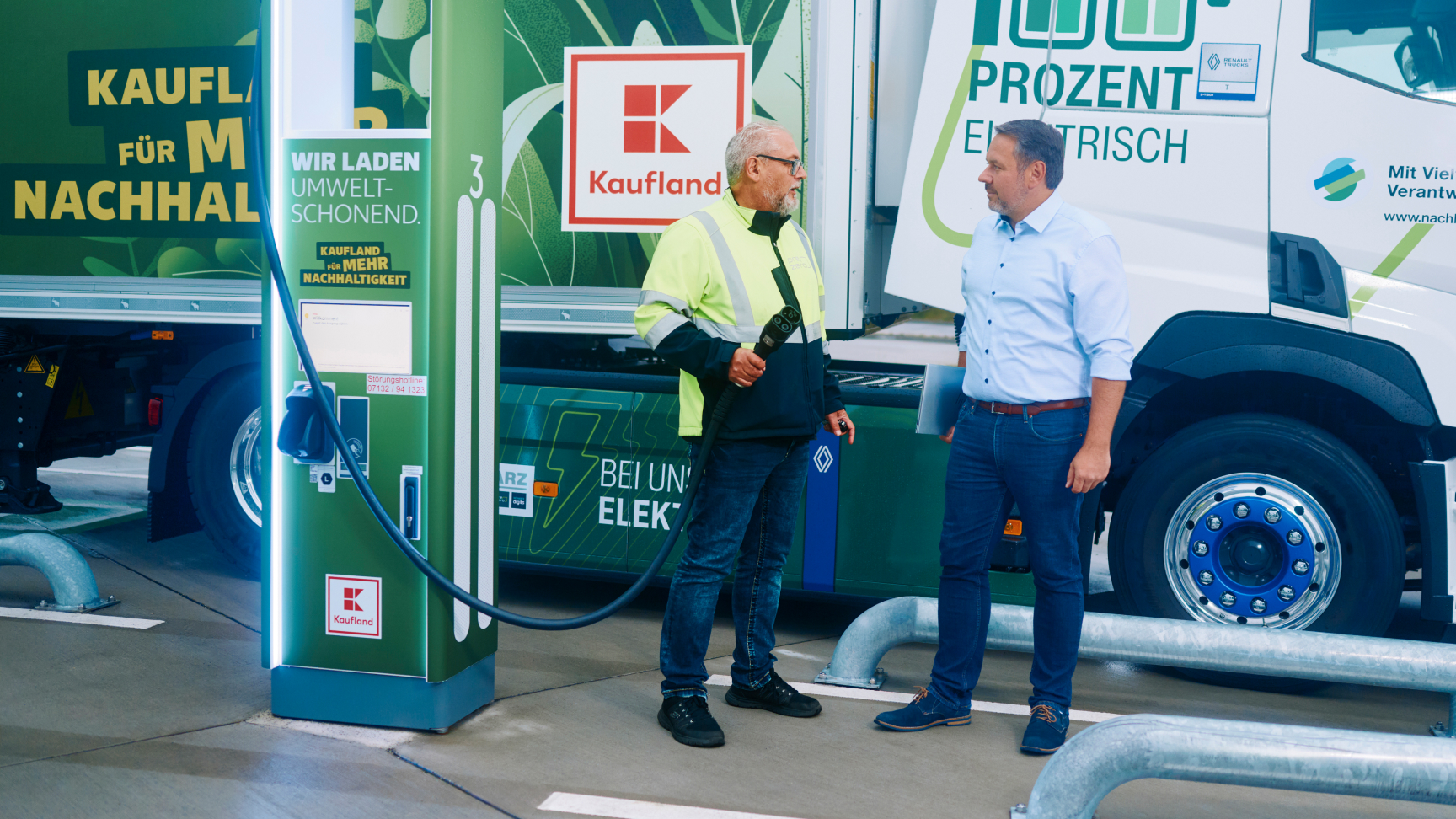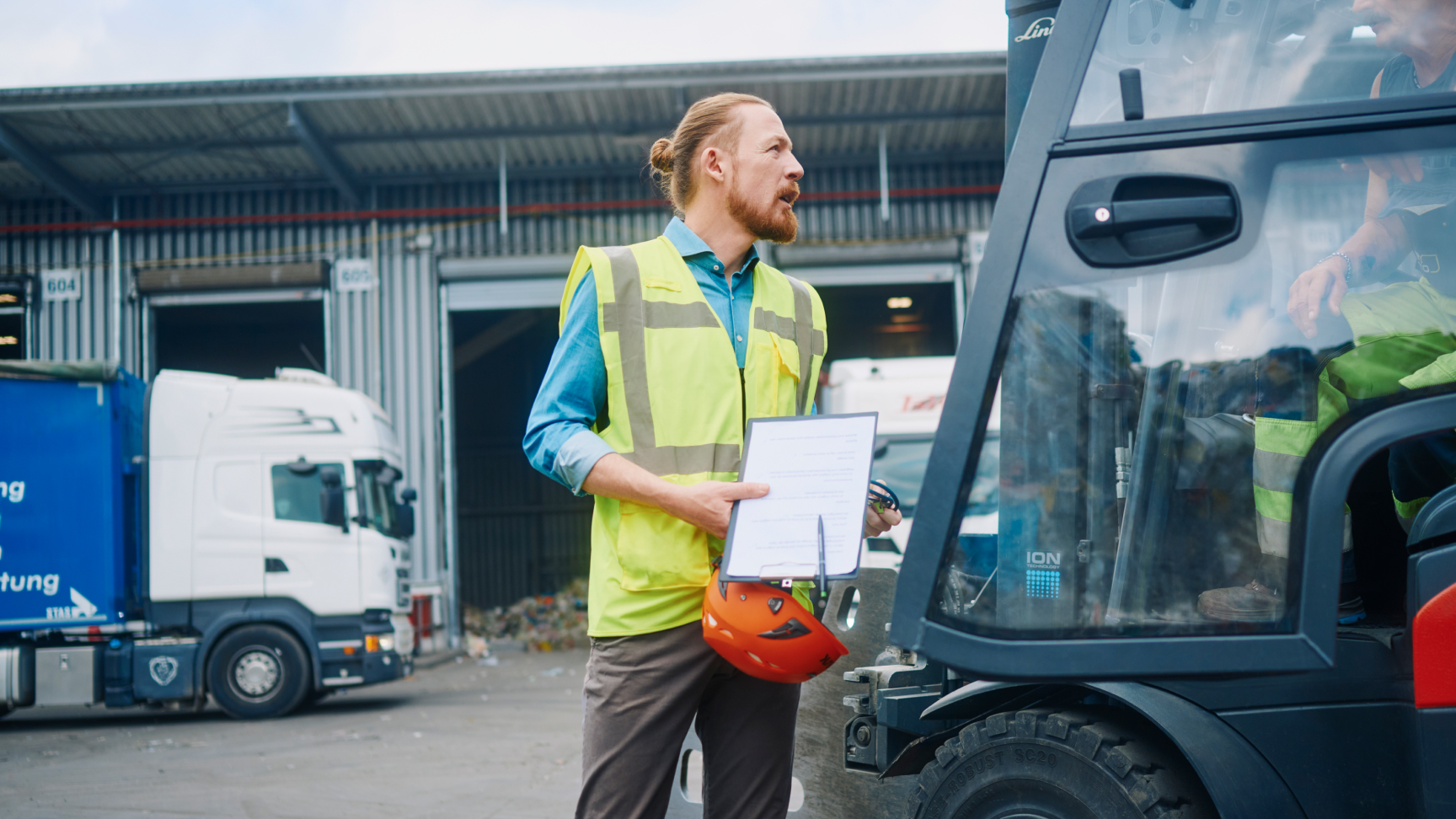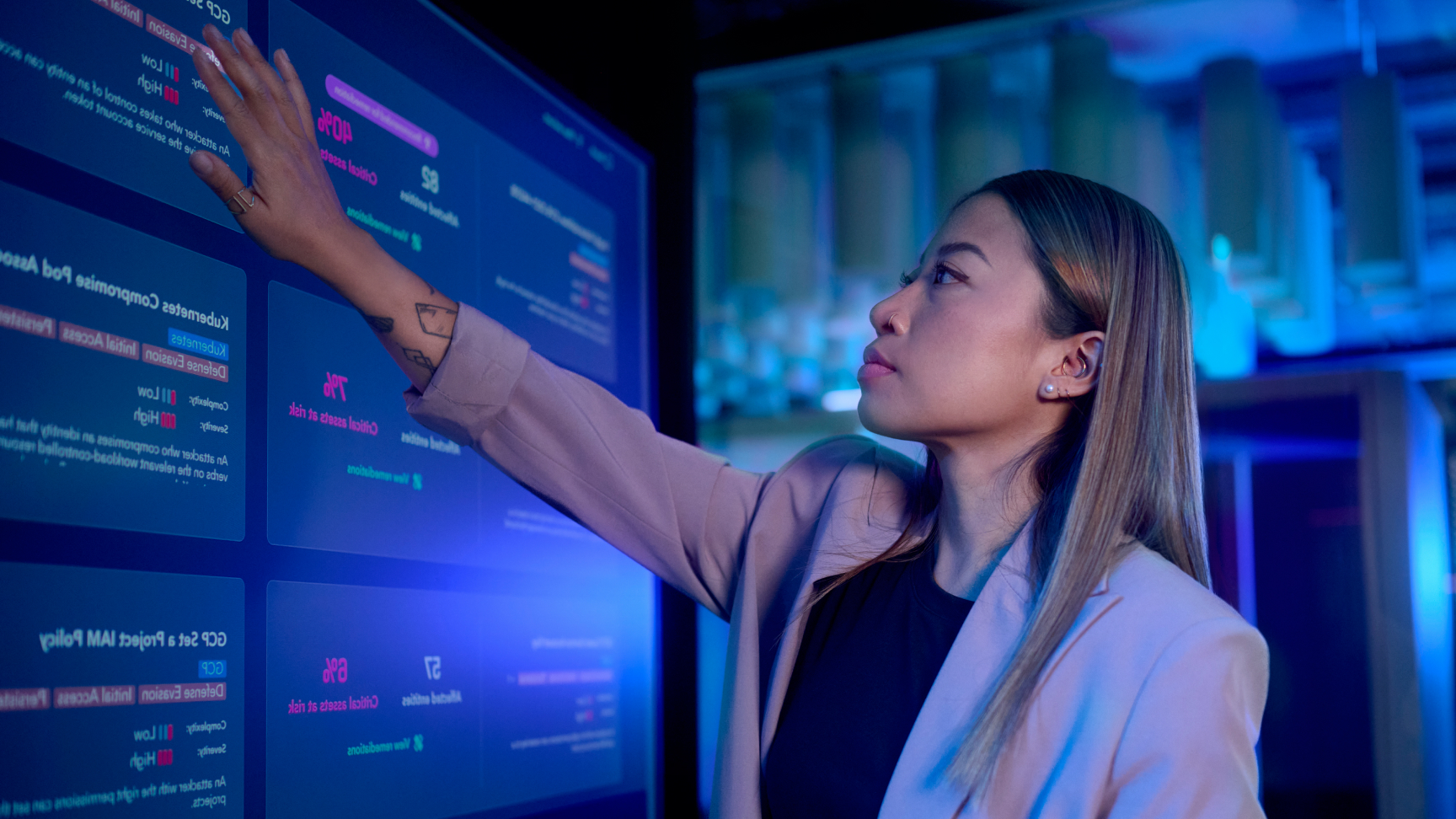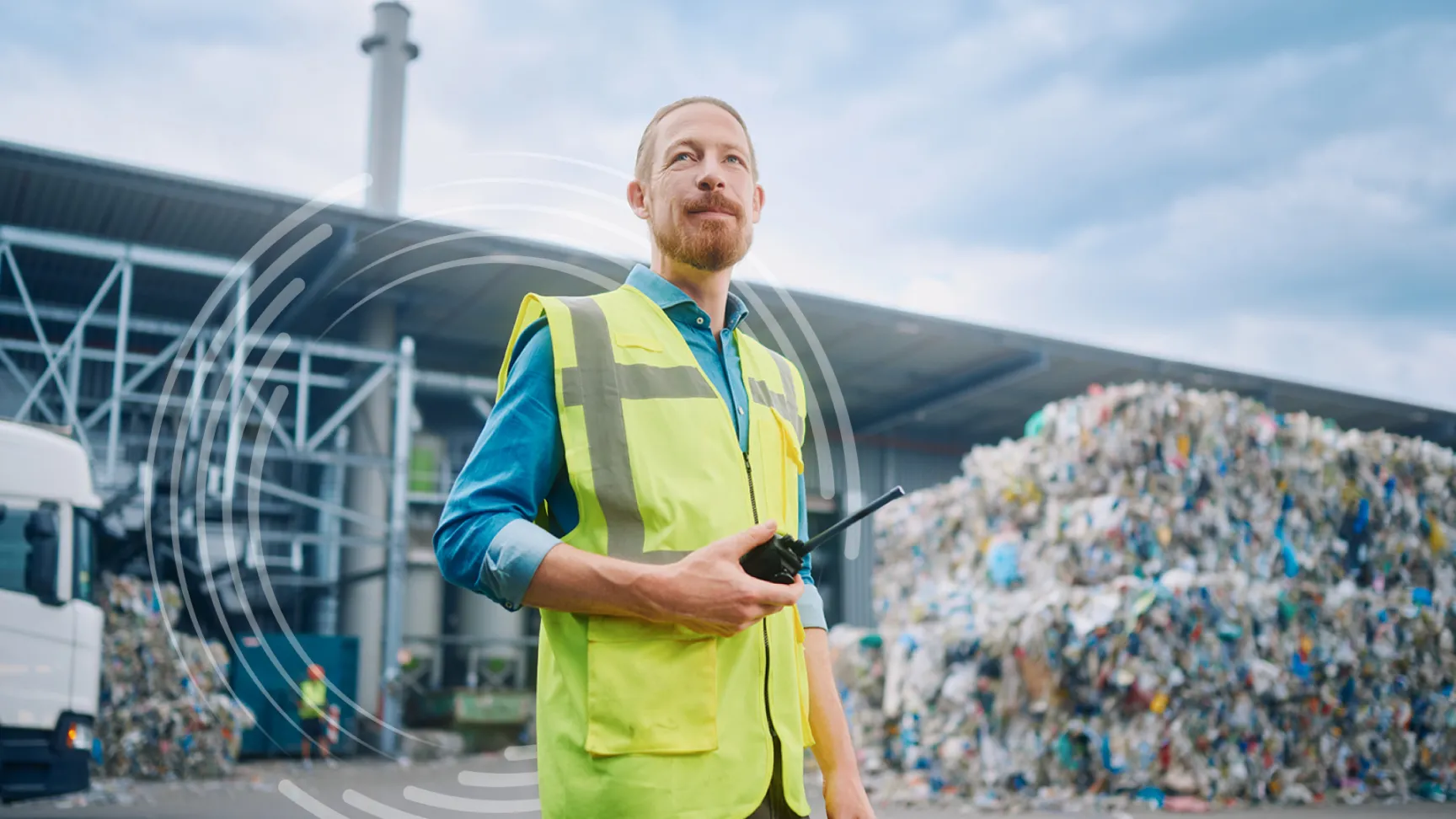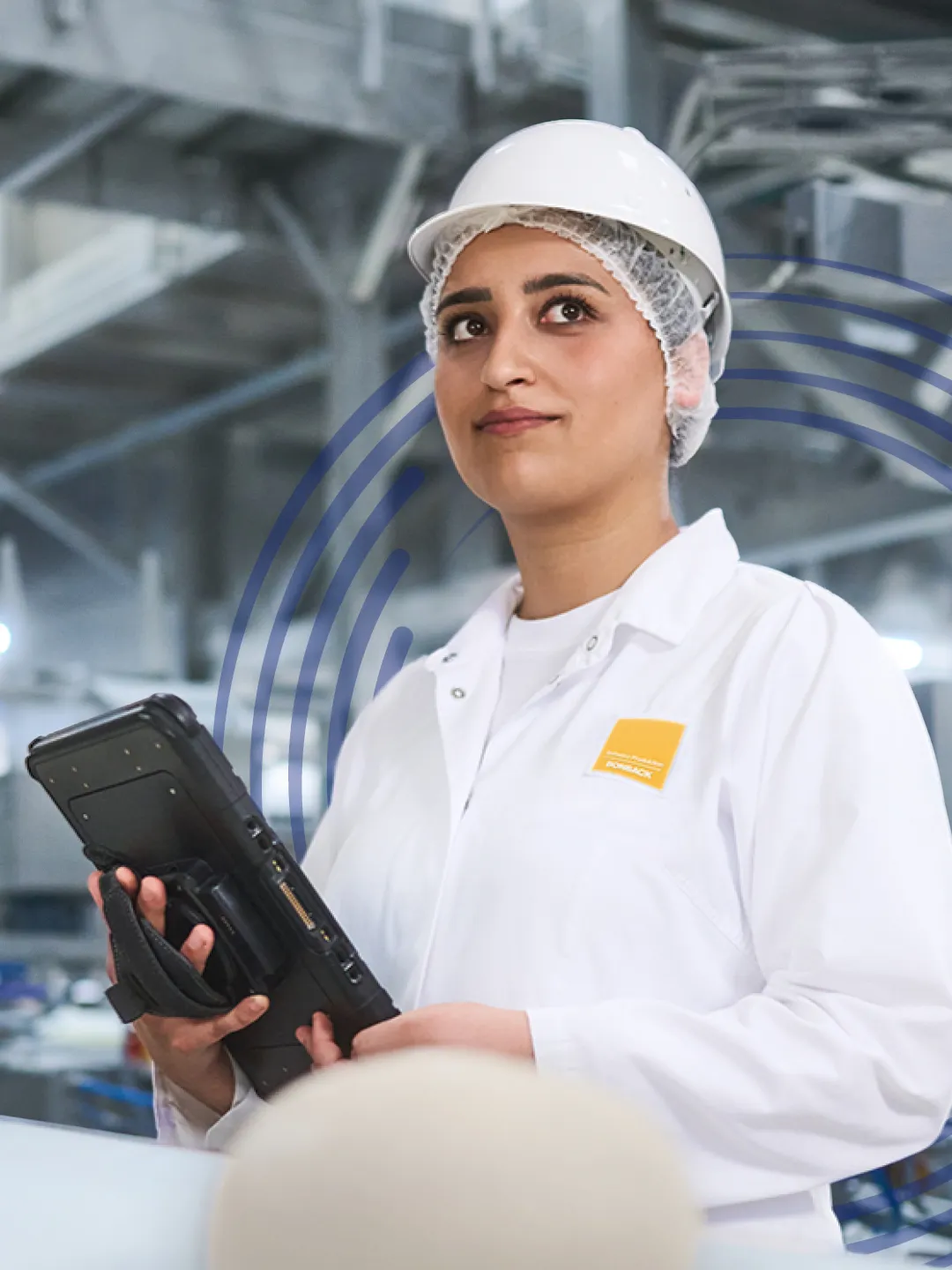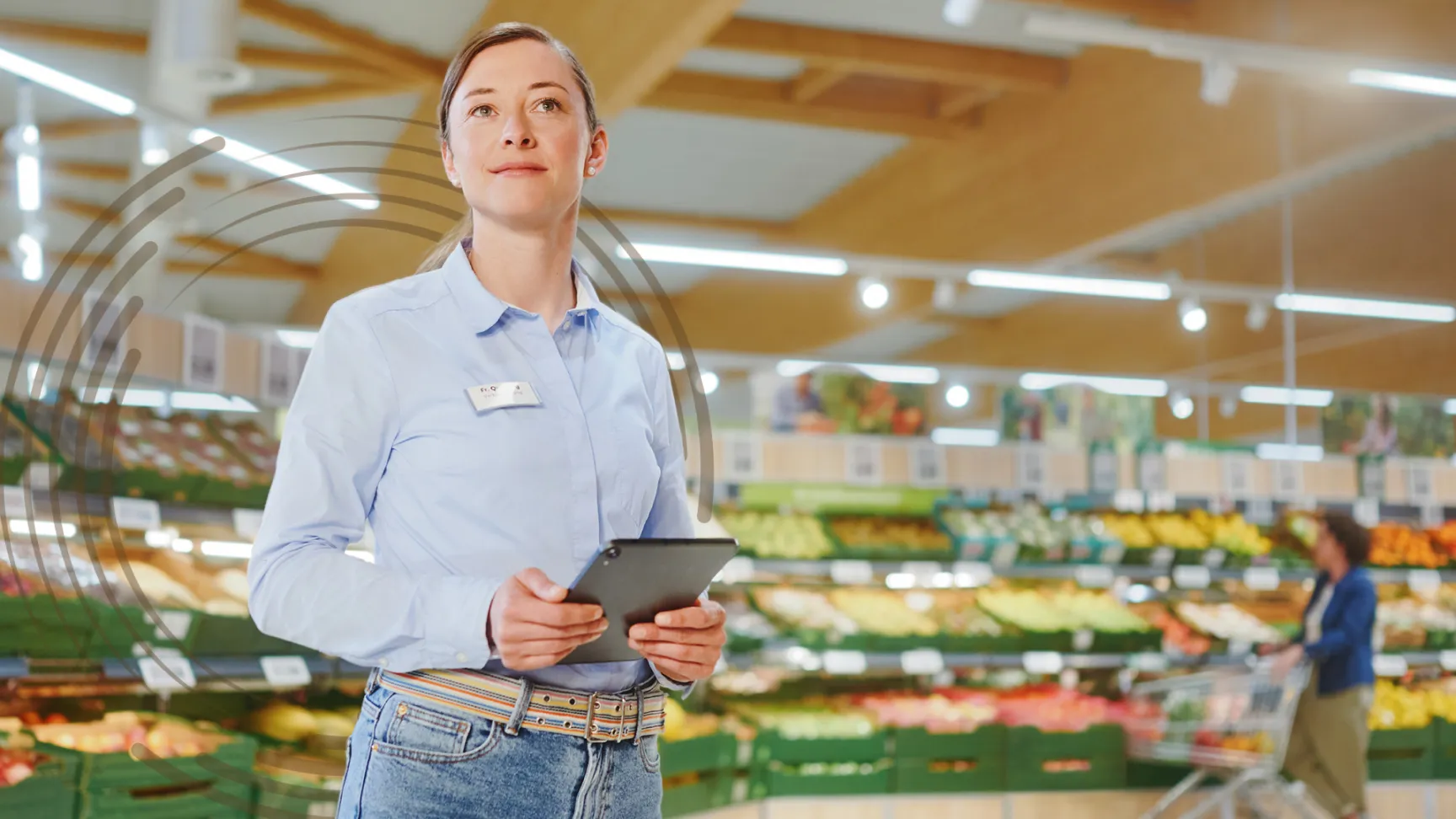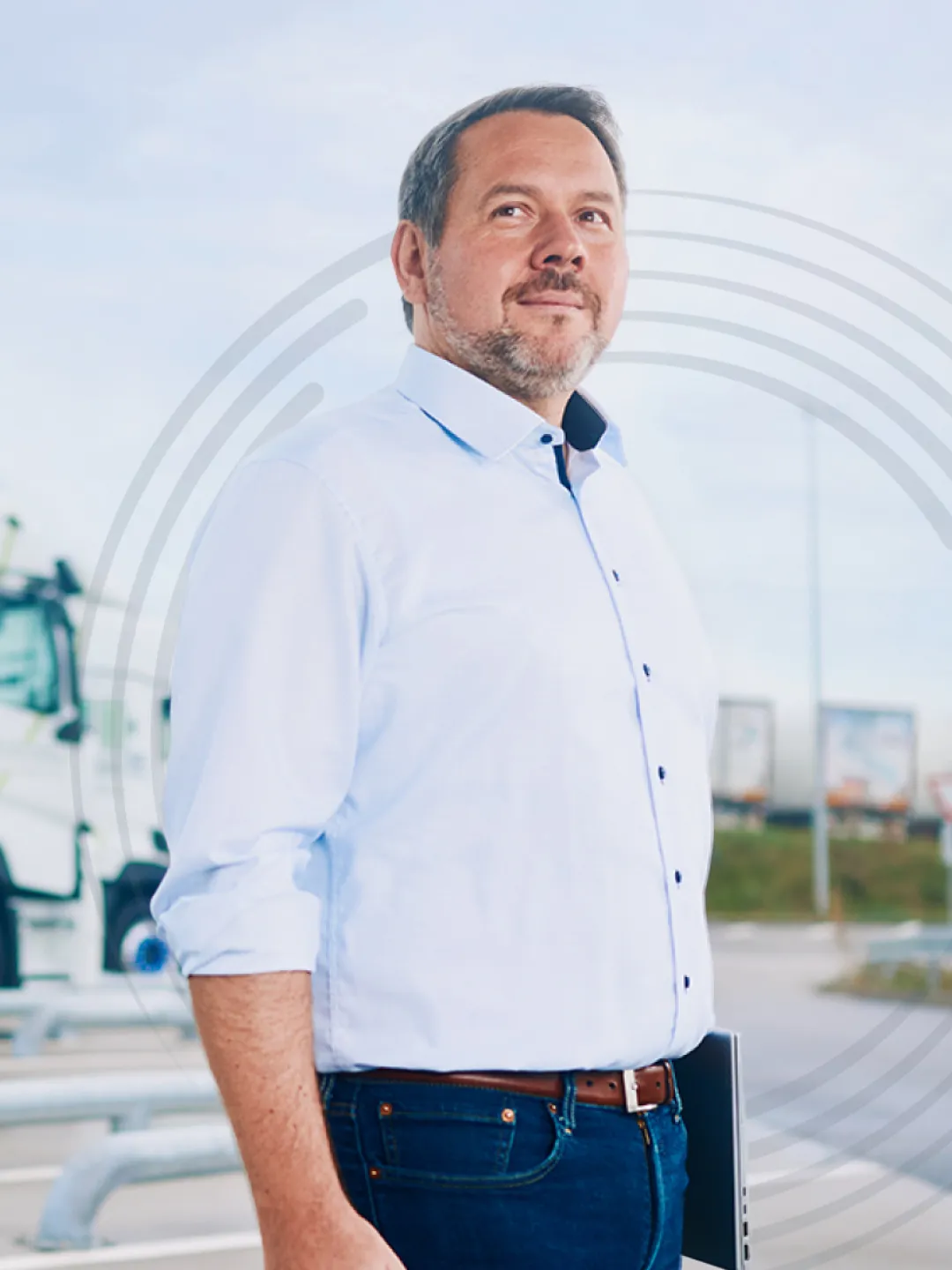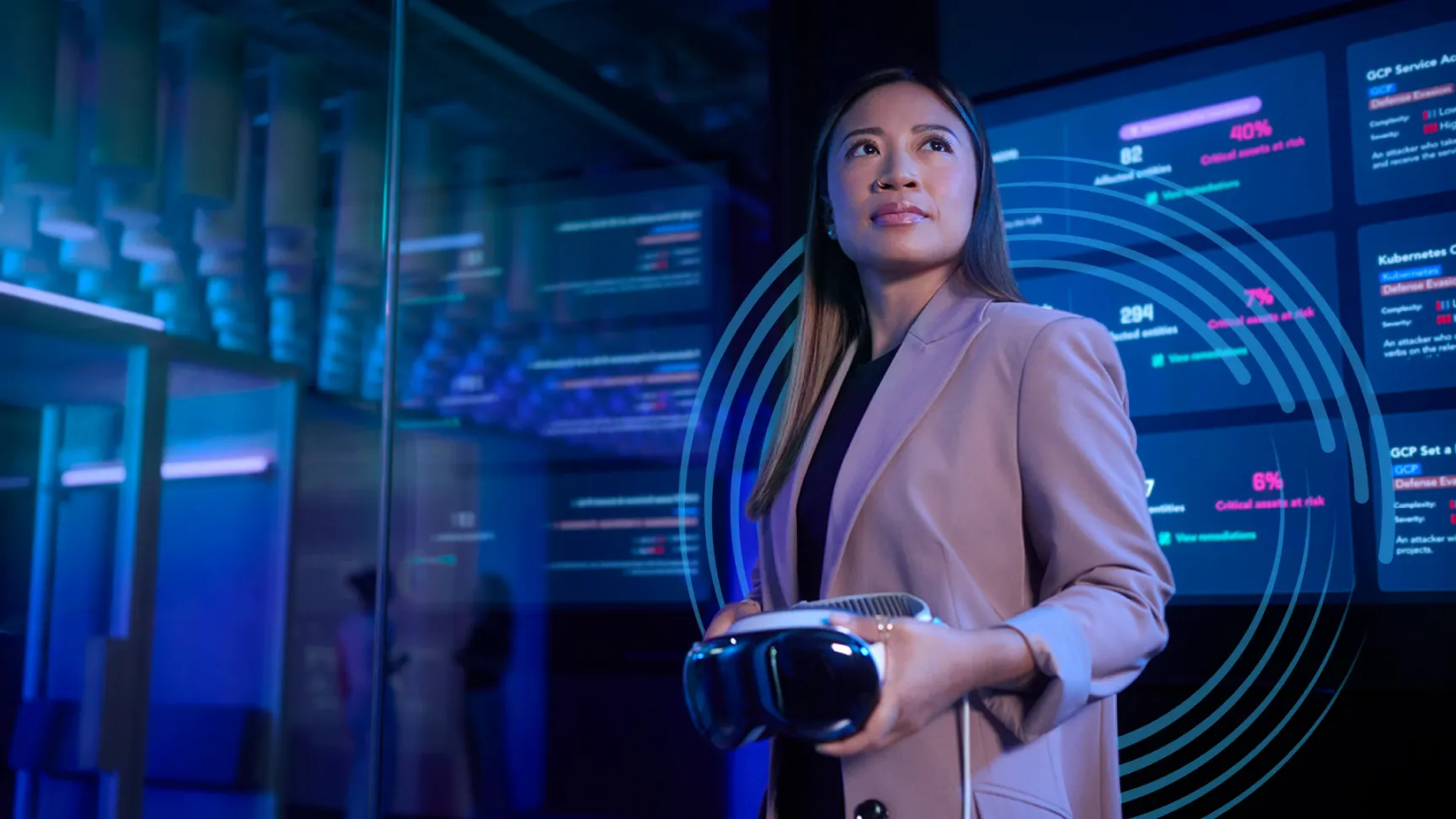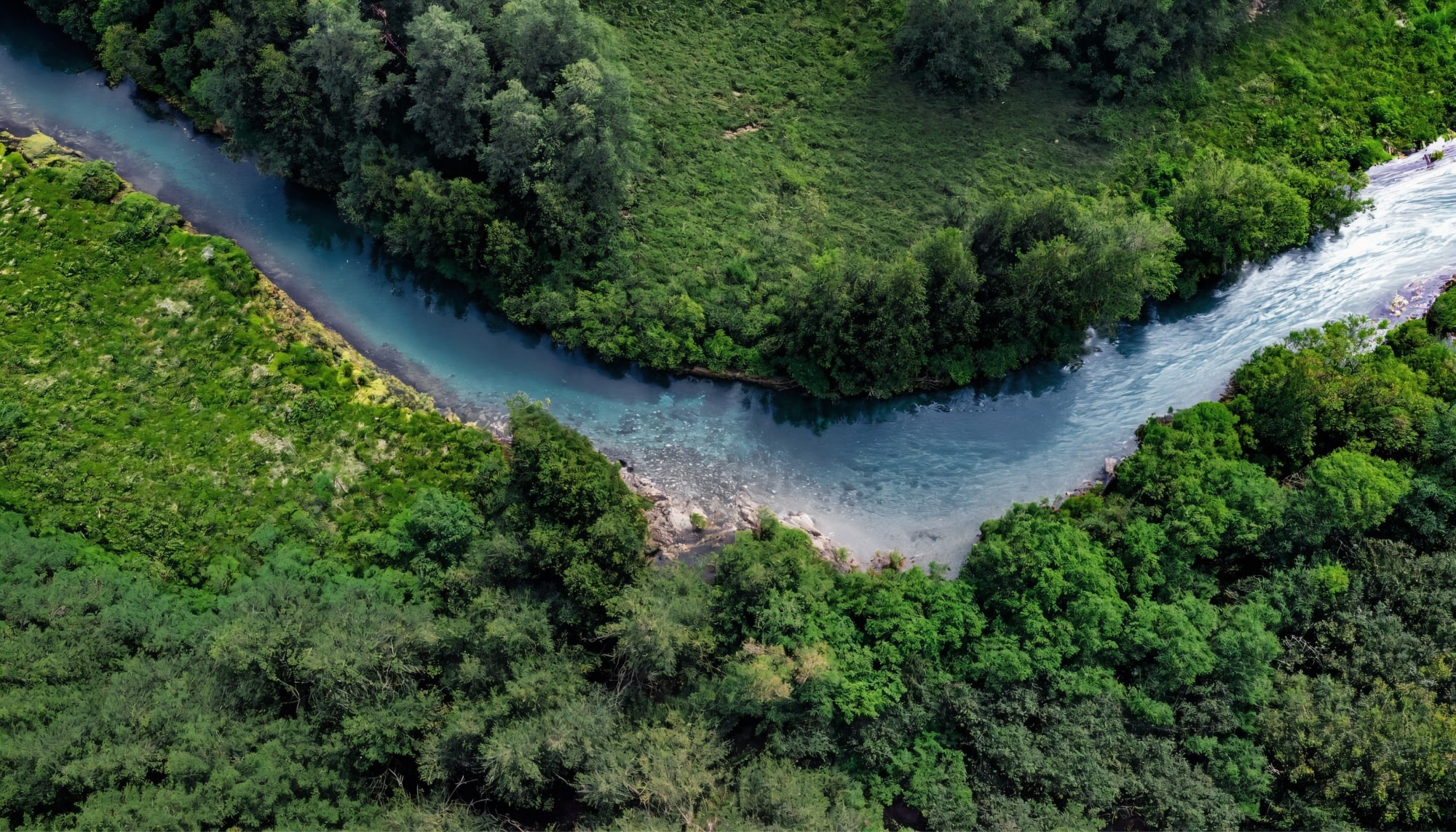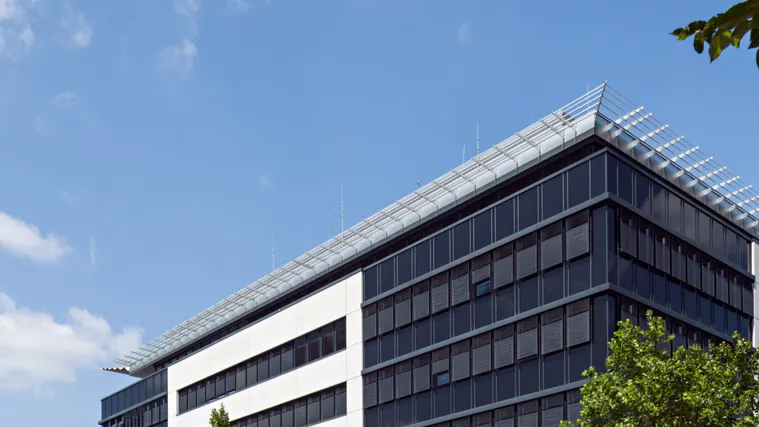Always One Step Ahead
We exist to make life better – today and for generations to come. So, we do not wait for challenges to become problems: We seize opportunities and act ahead. From production and retail to recycling and digitalization, we create solutions that make life more sustainable, healthier and more secure for billions of people. And we do this together with our 575,000 employees, our stakeholders and our partners within a leading ecosystem for a better life. Acting ahead rather than just thinking ahead – the companies of Schwarz Group.
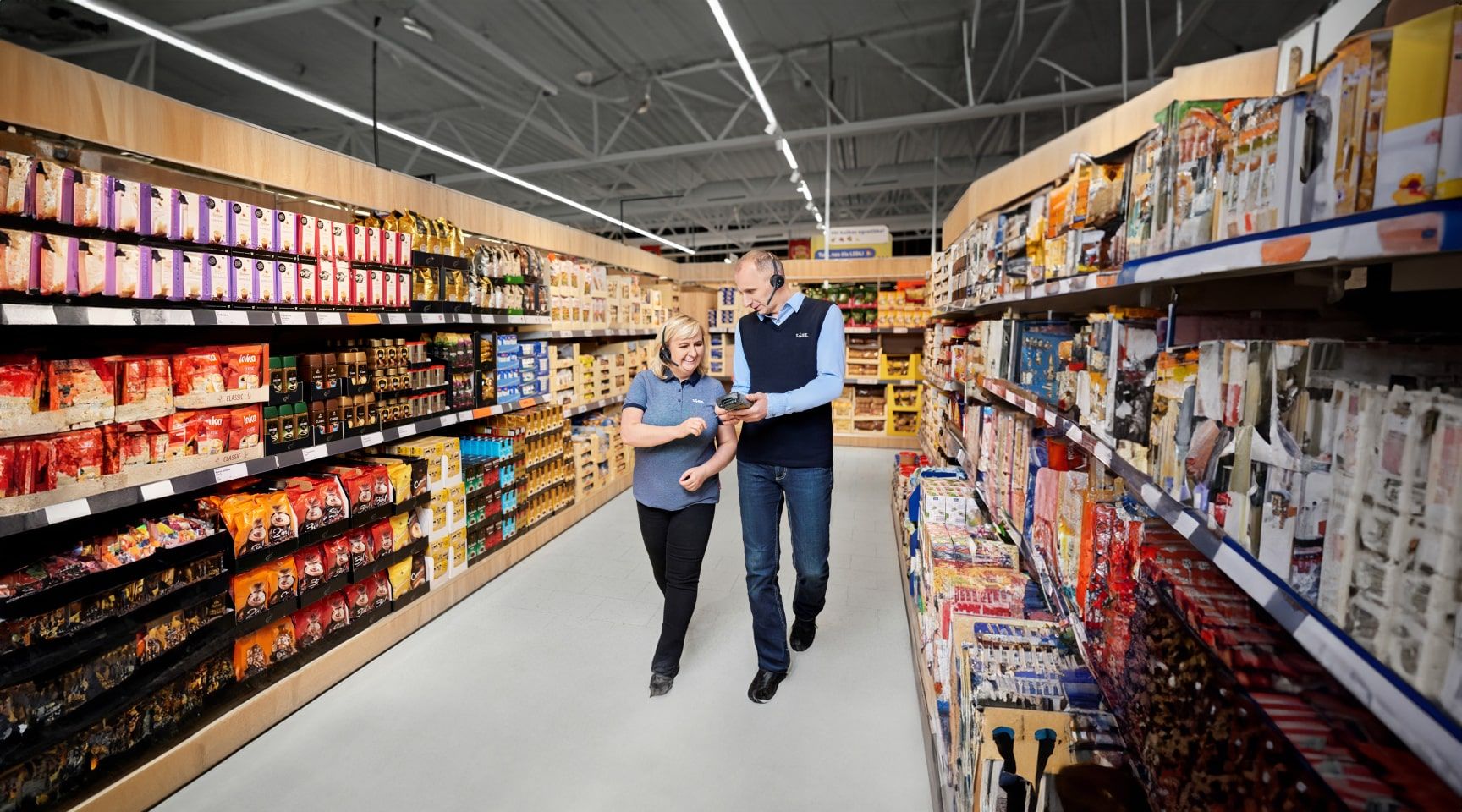
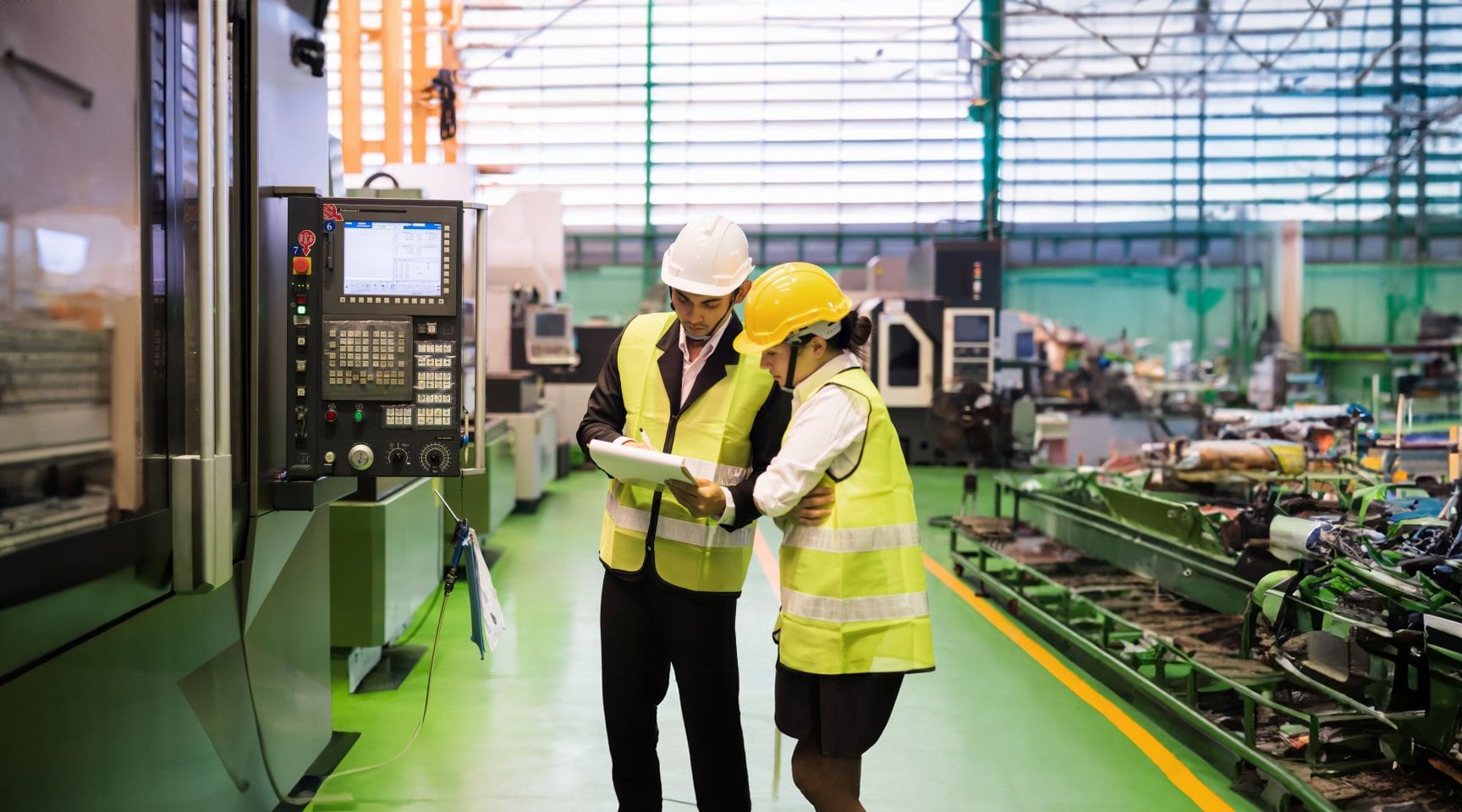
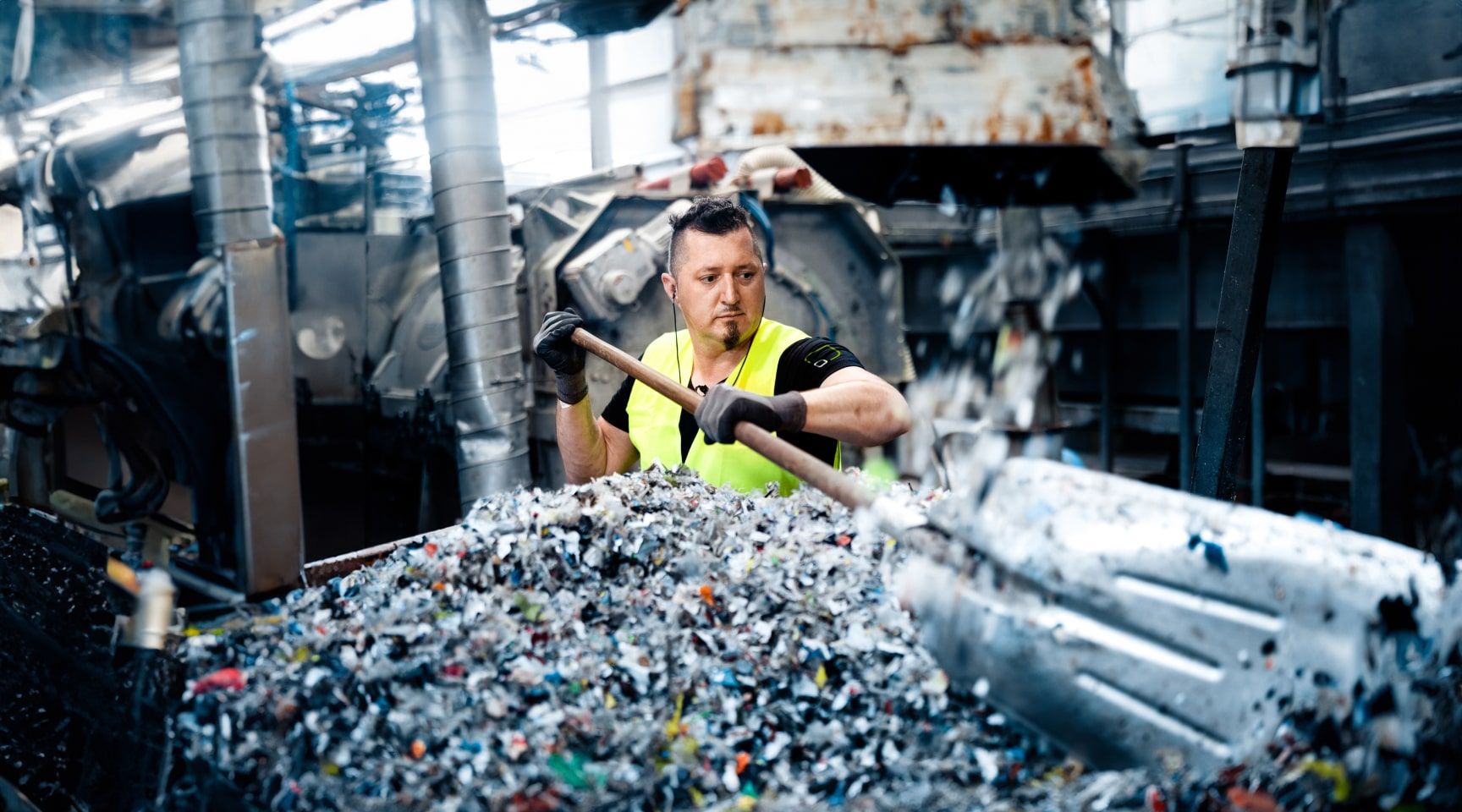
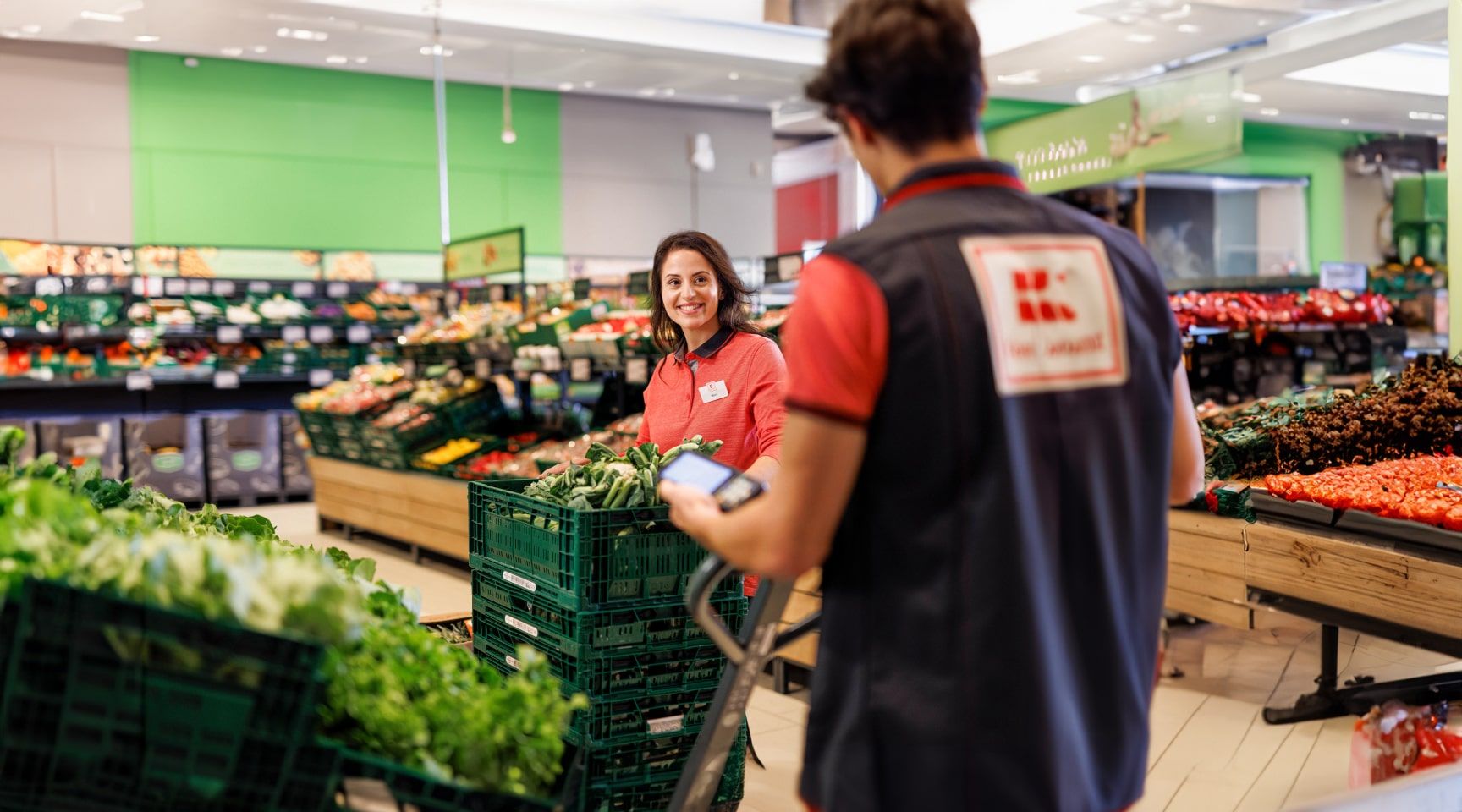
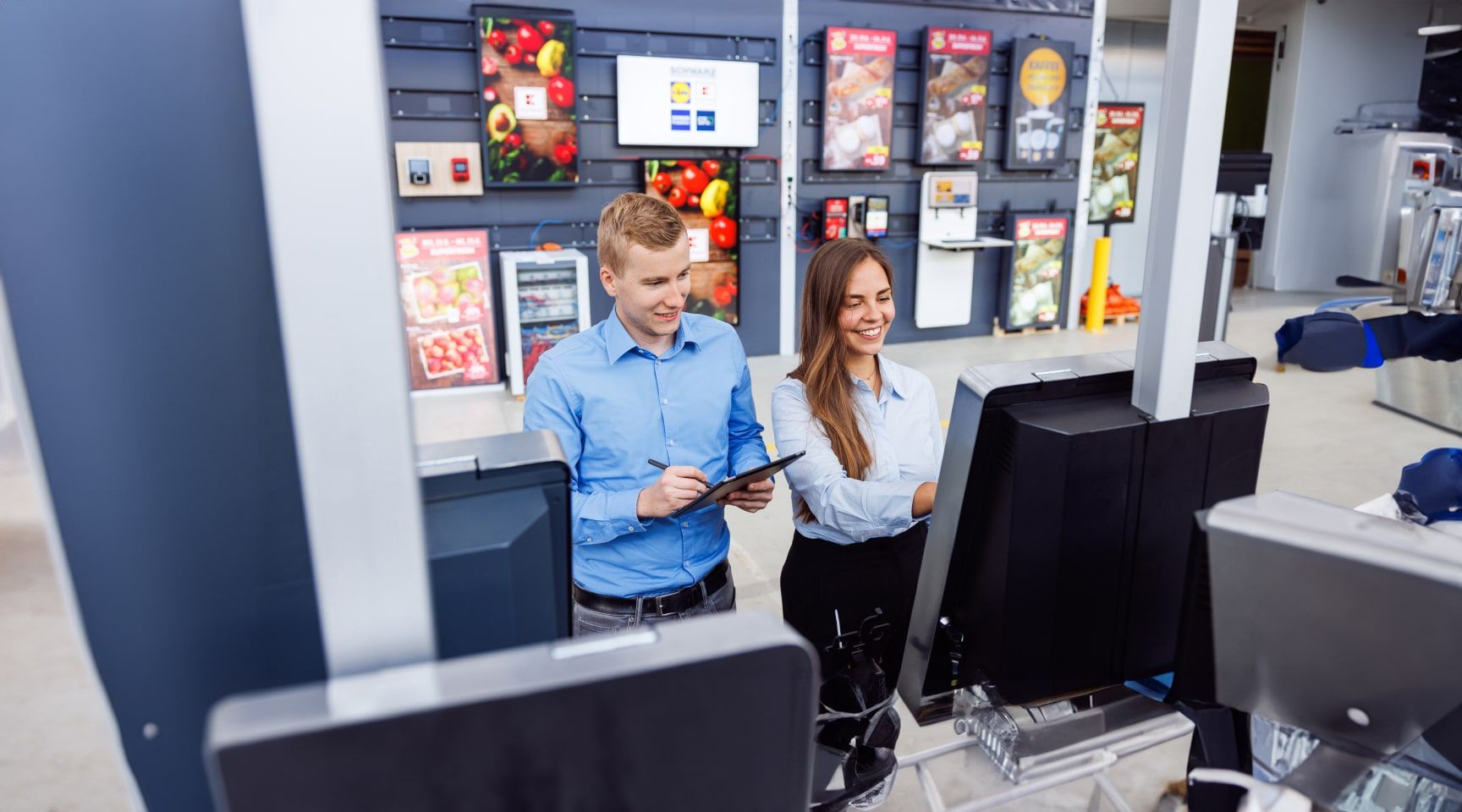
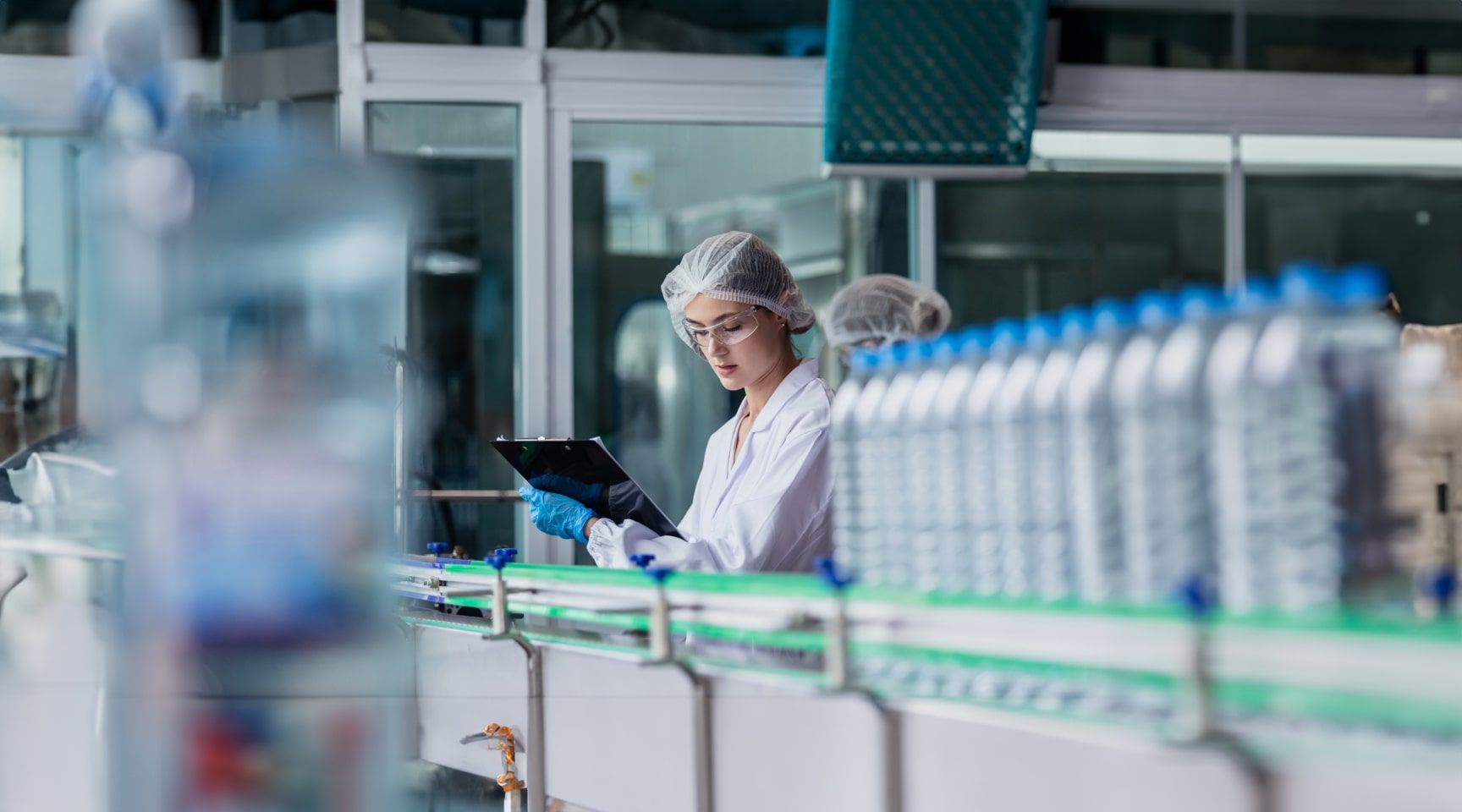

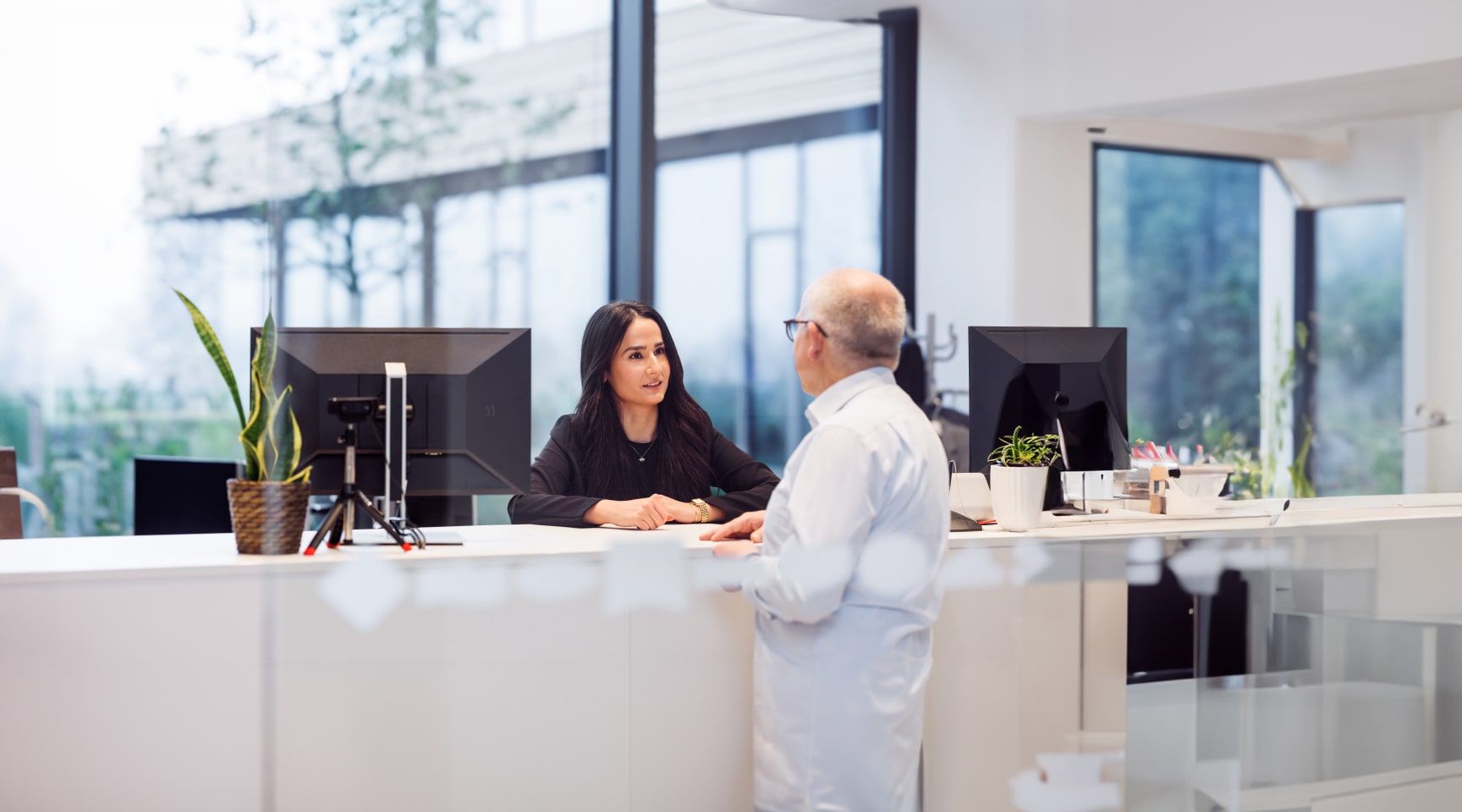
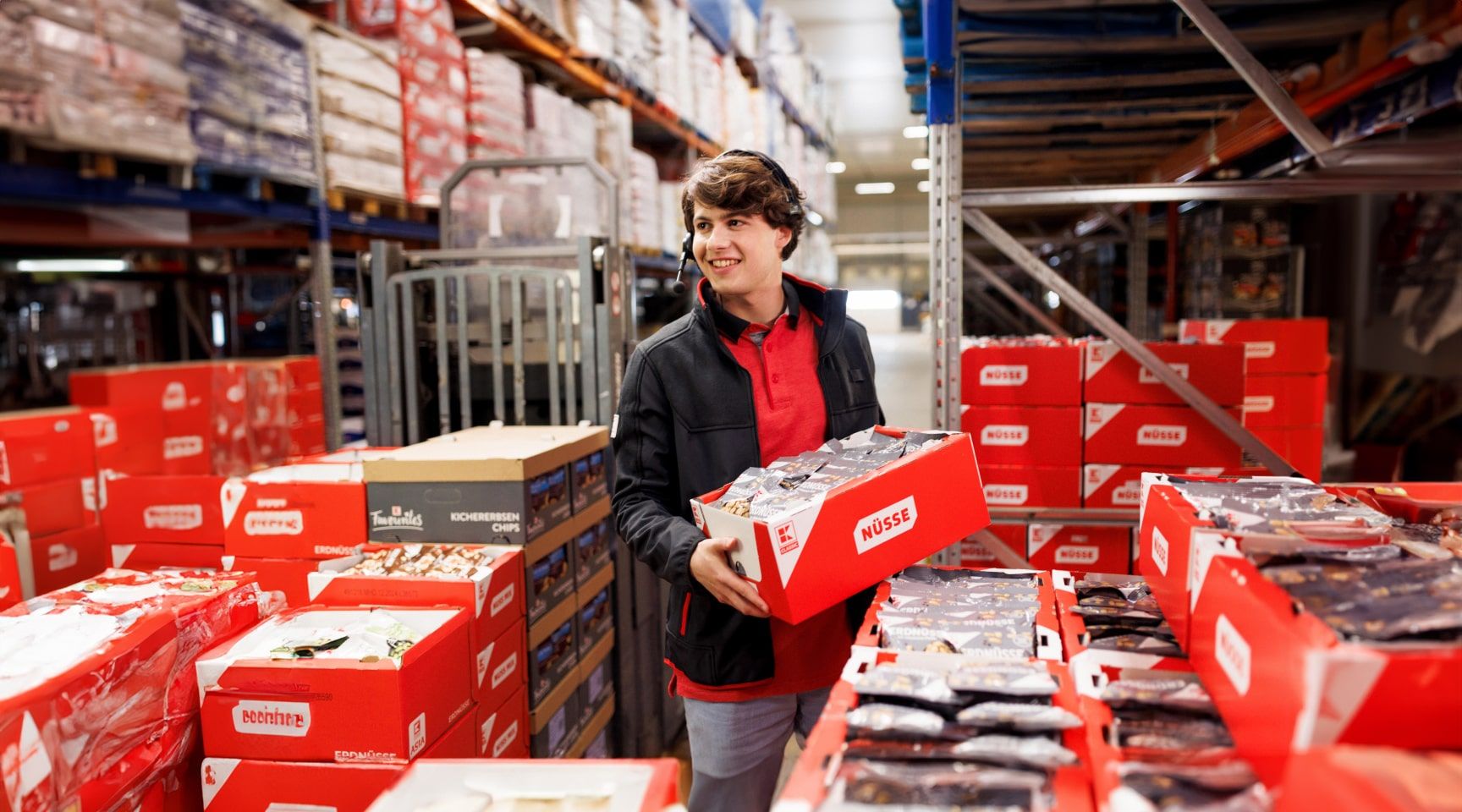

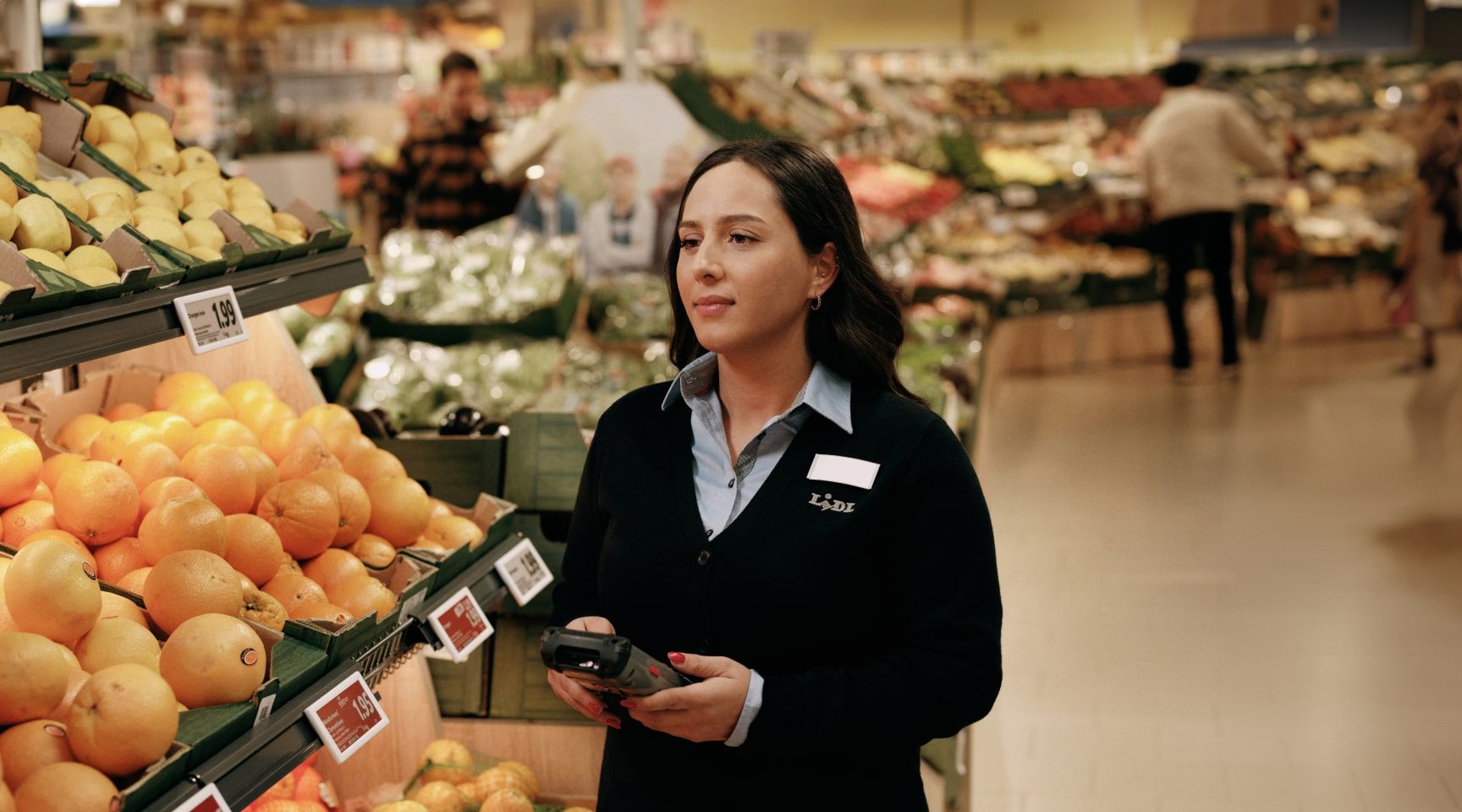
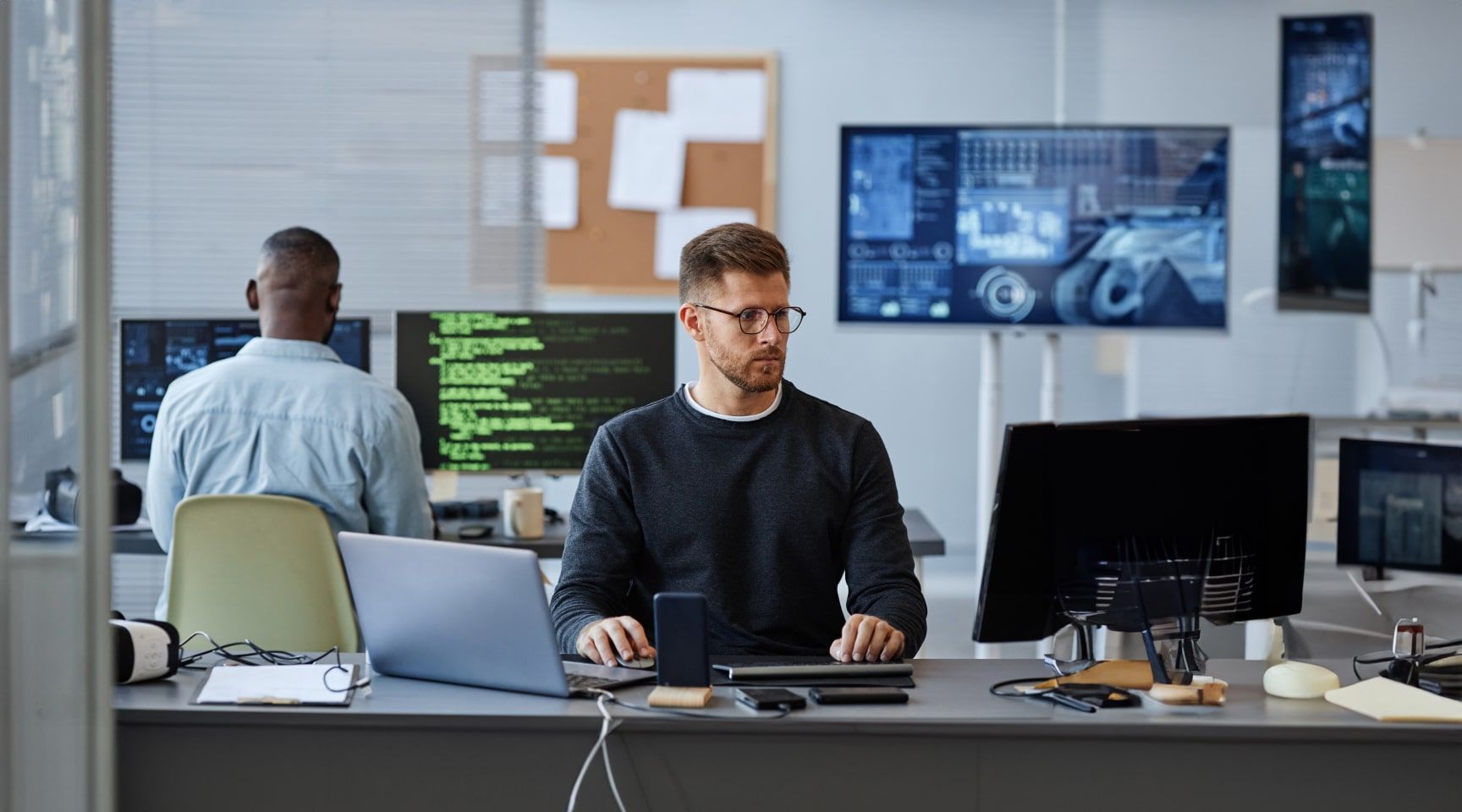
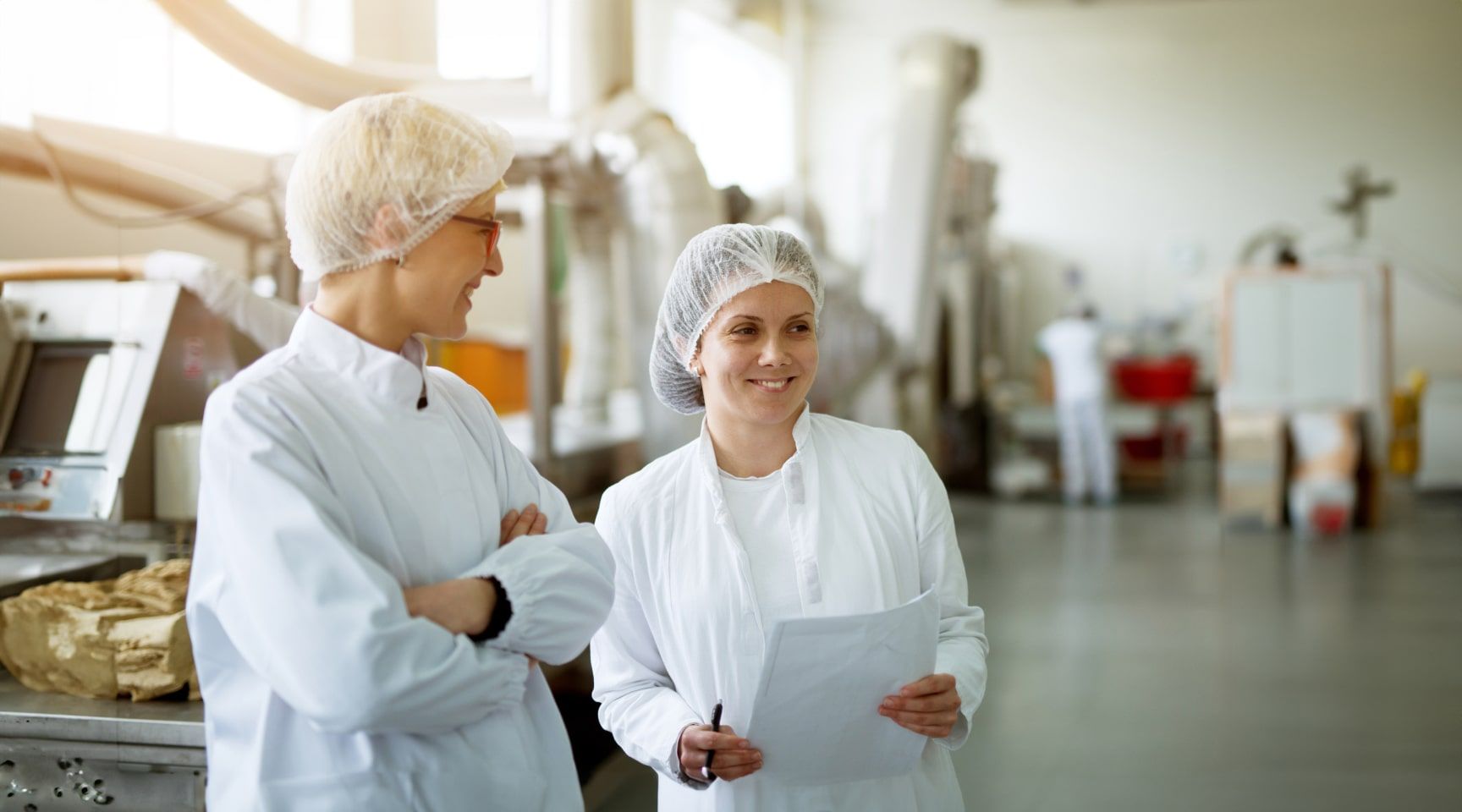
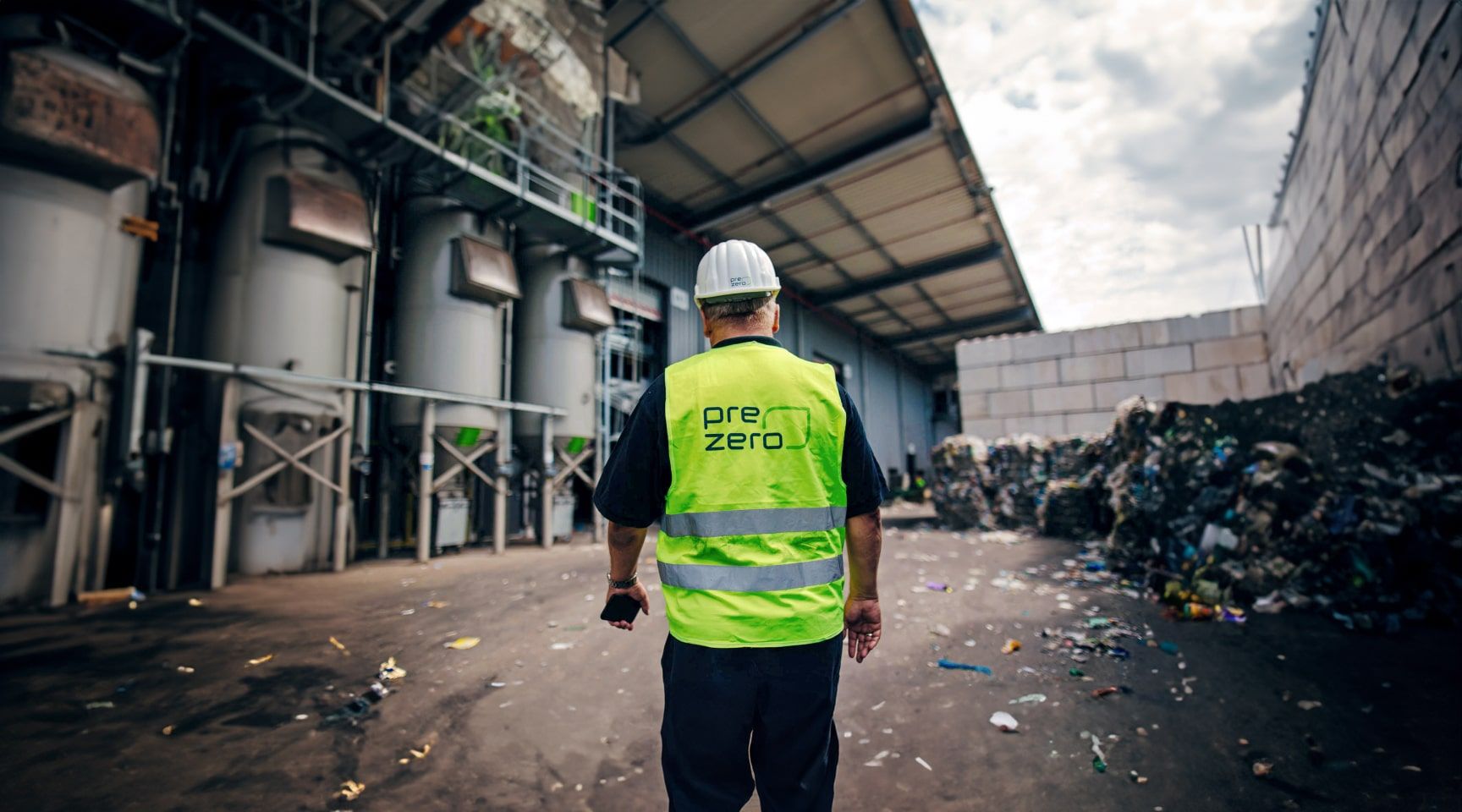
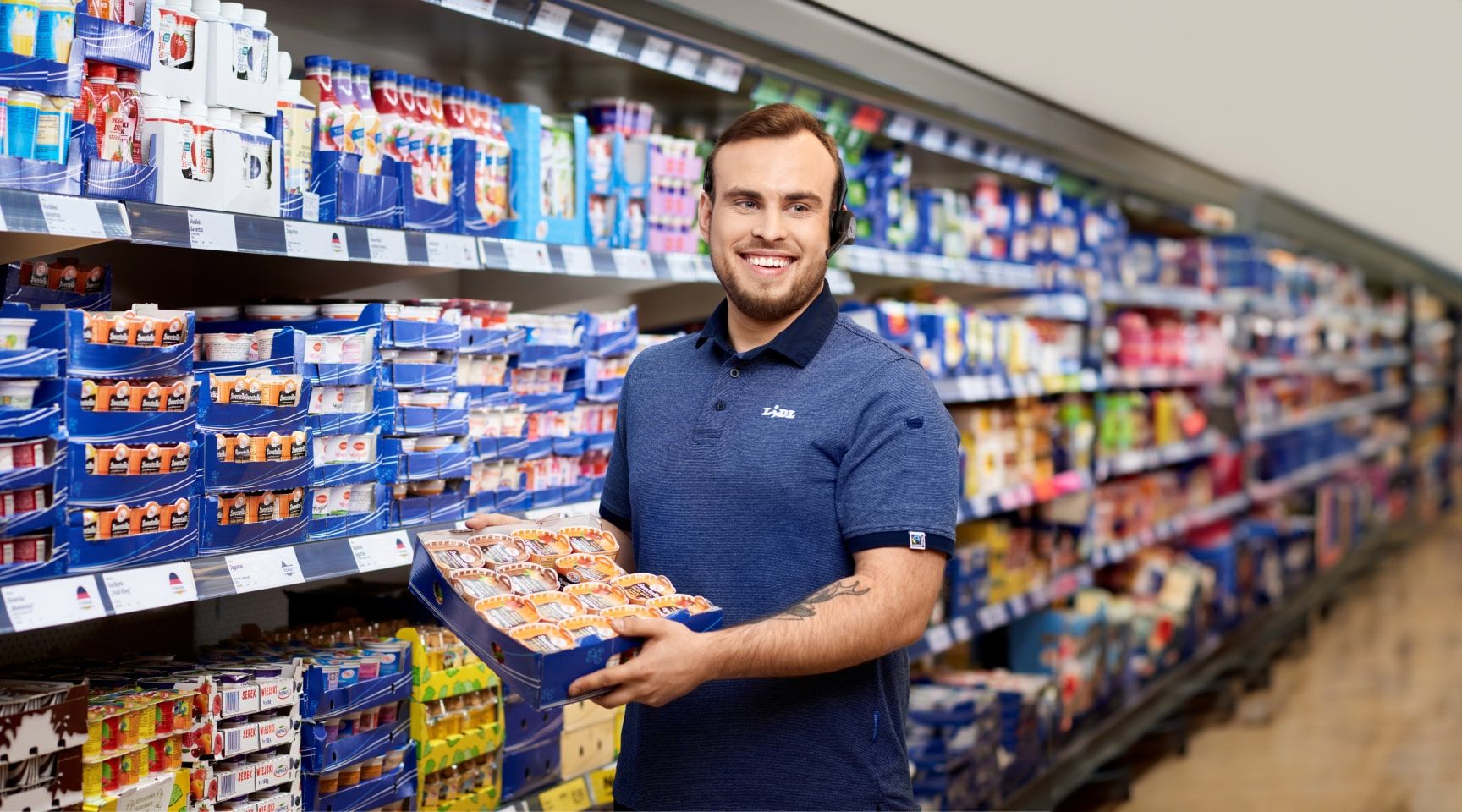
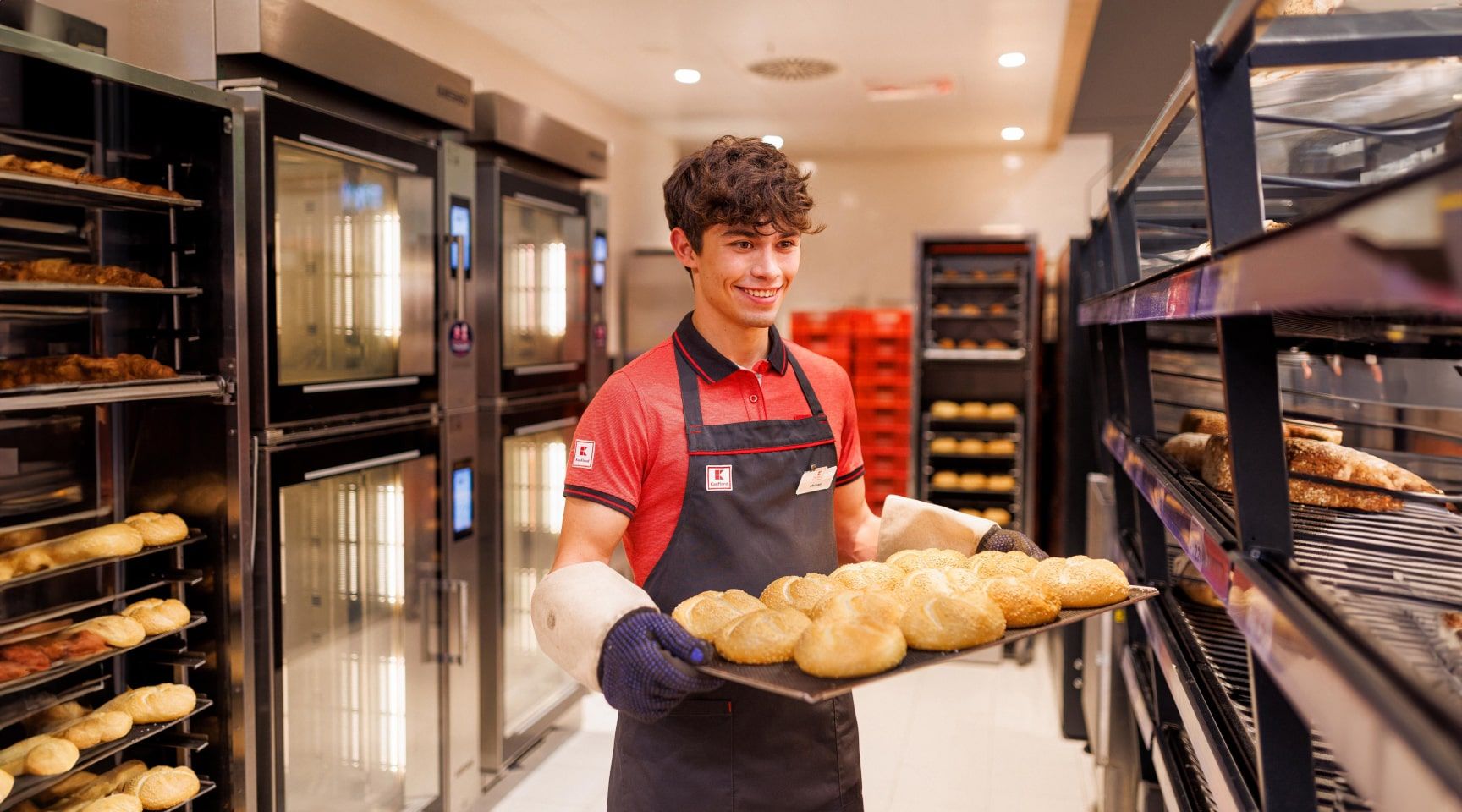
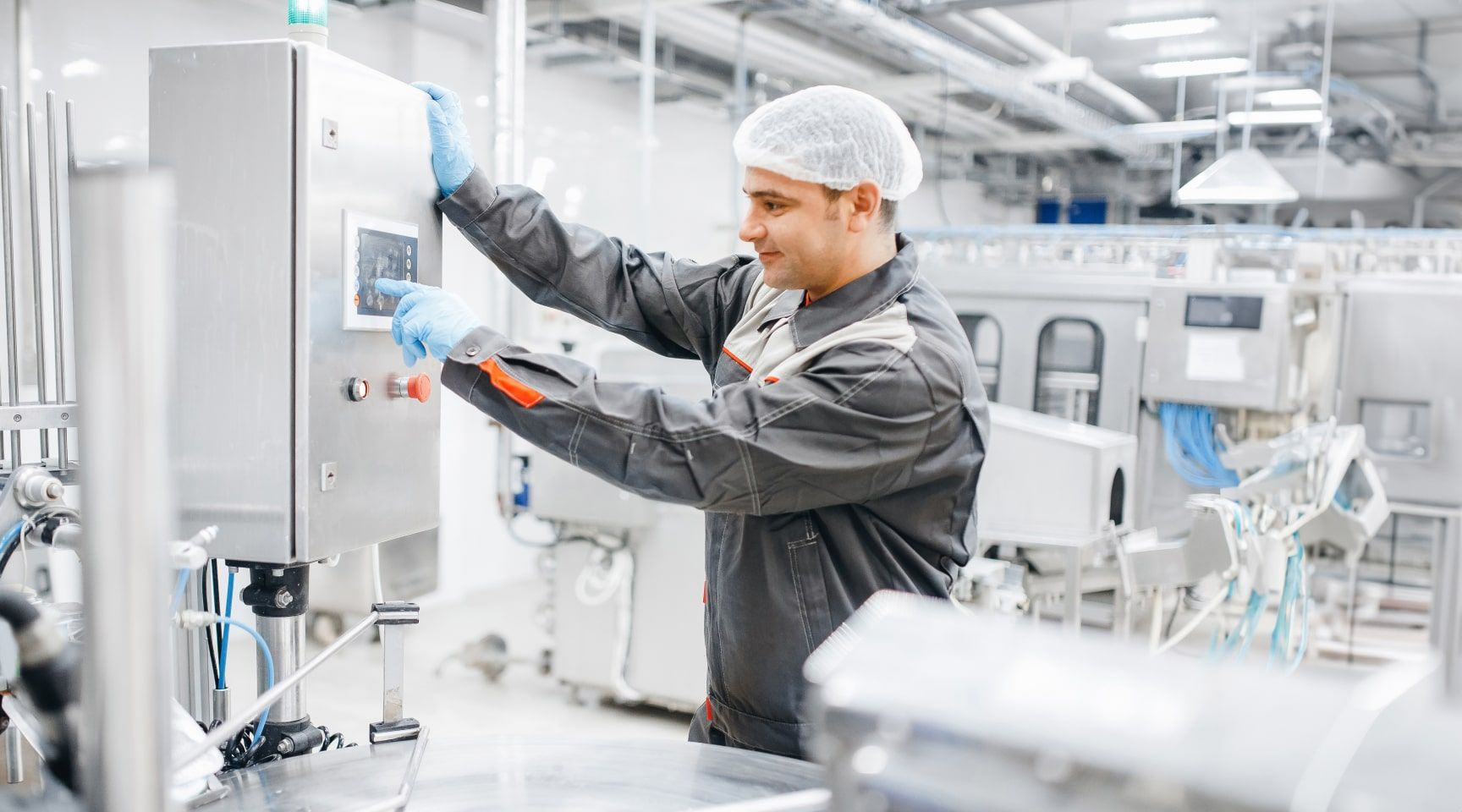
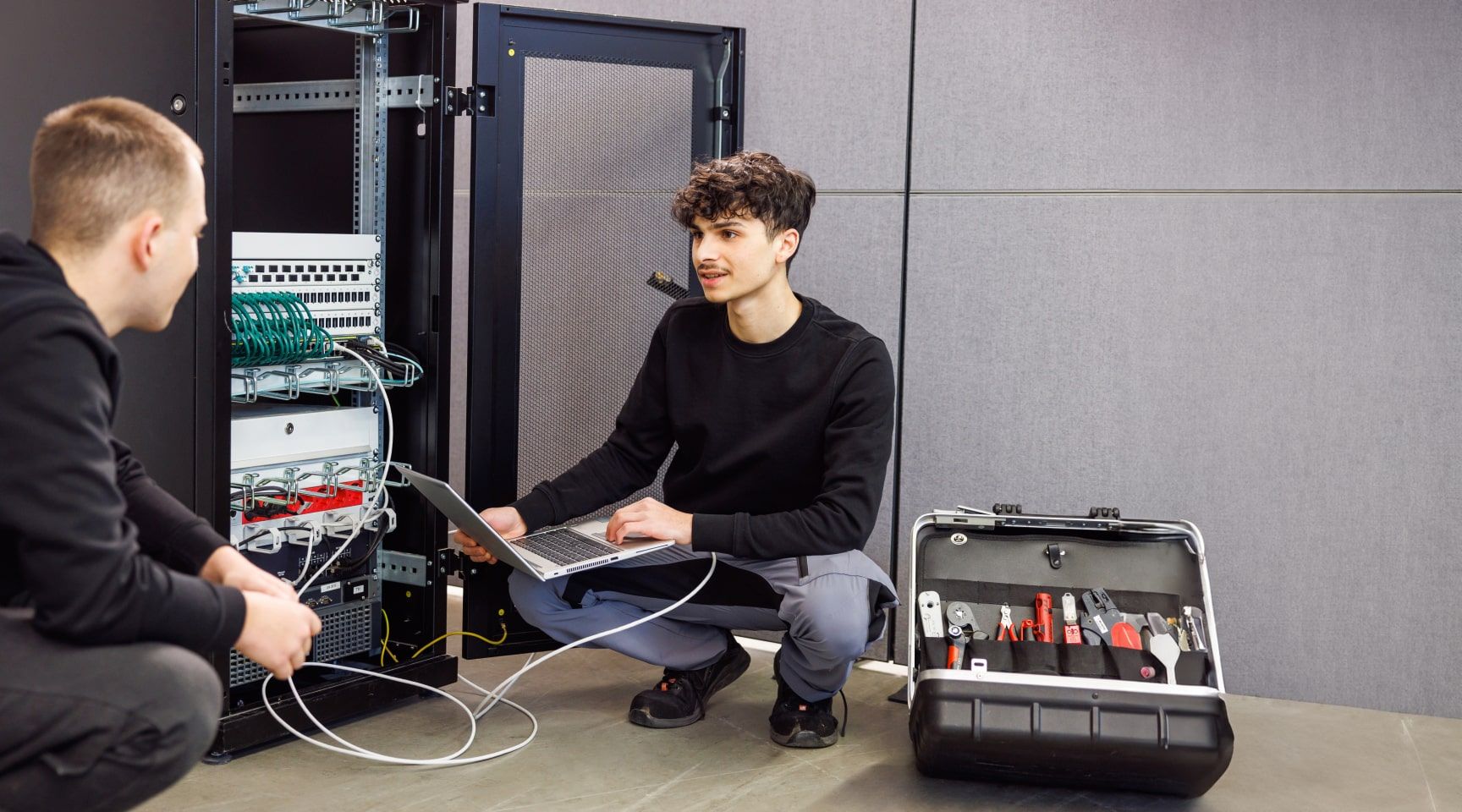
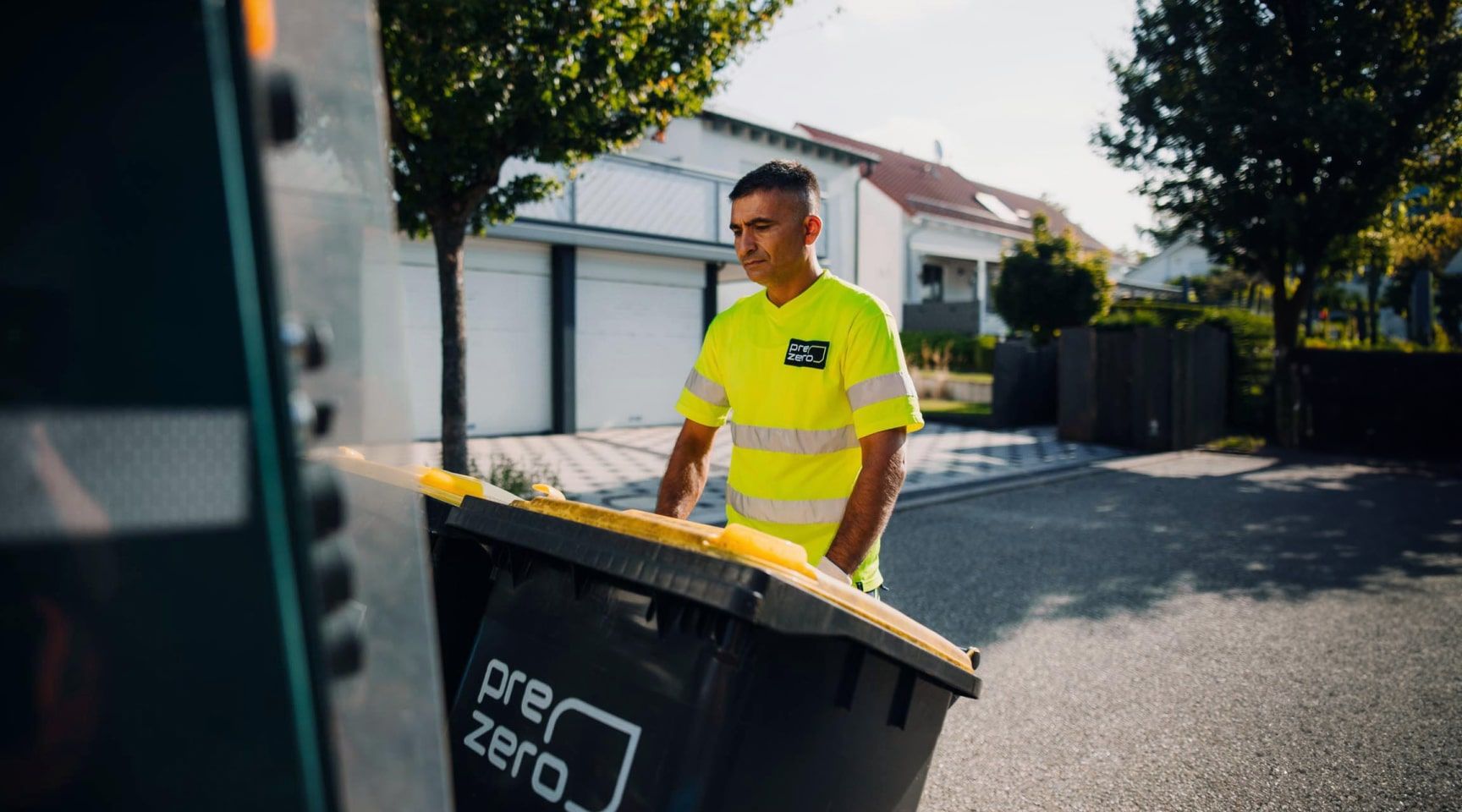
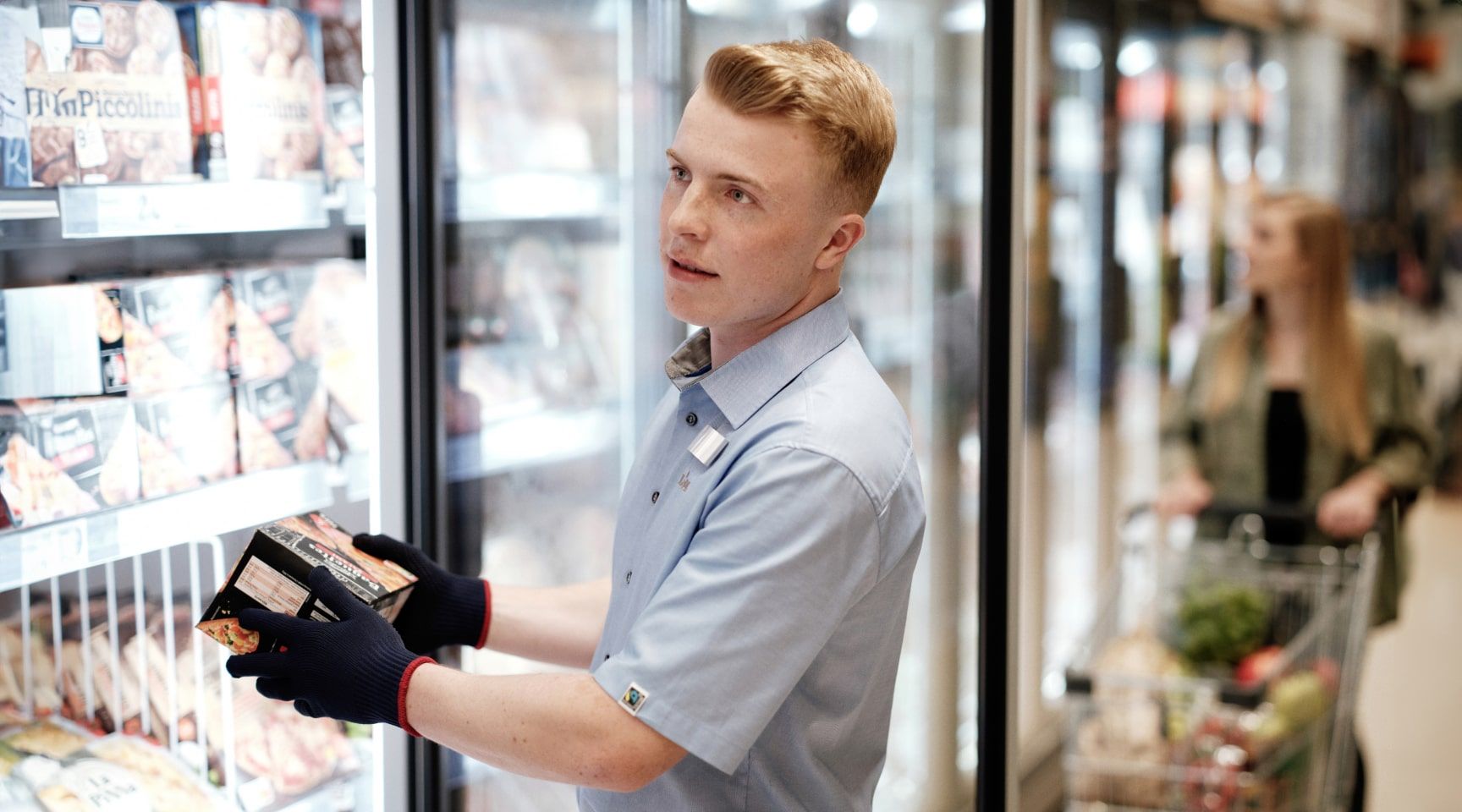
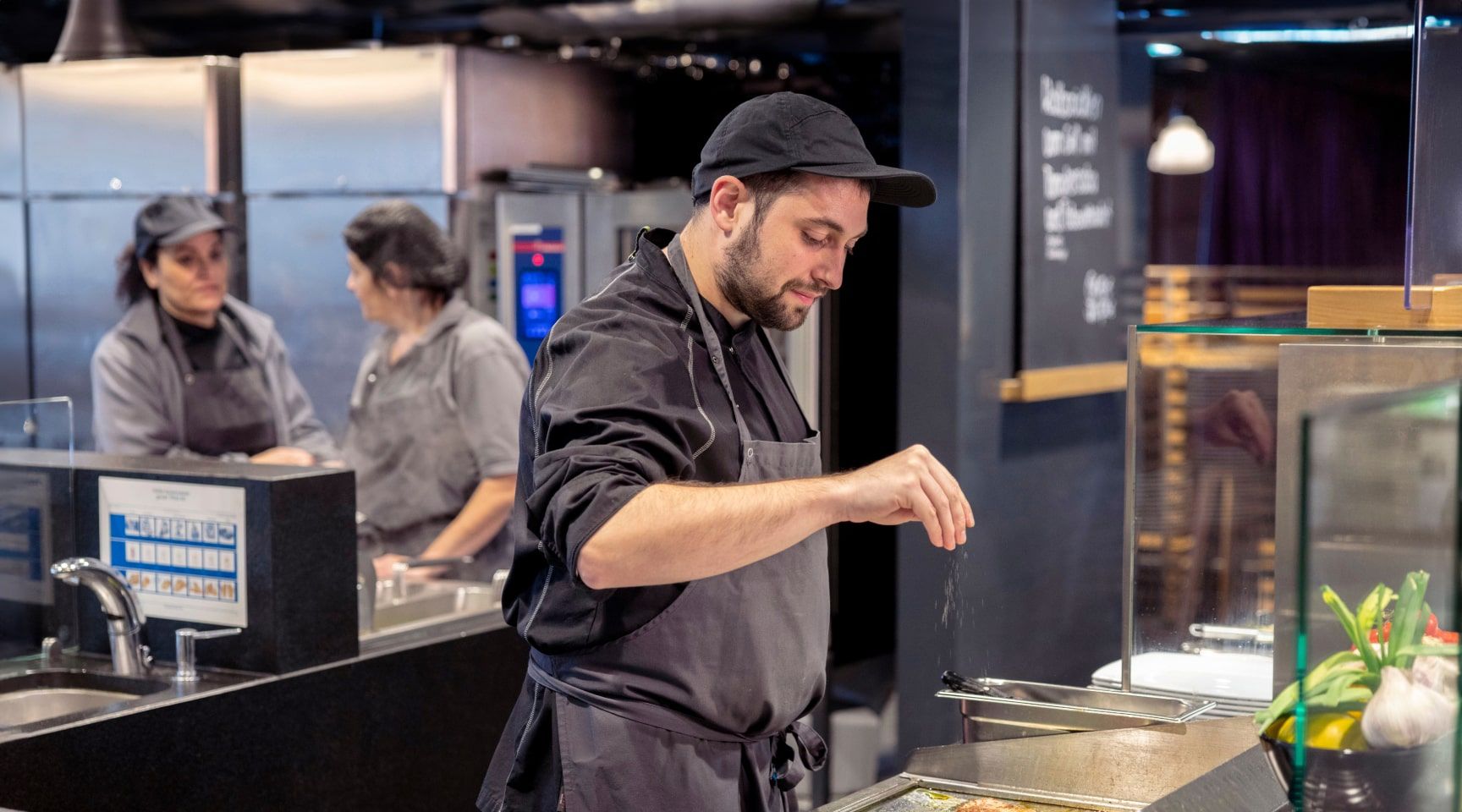
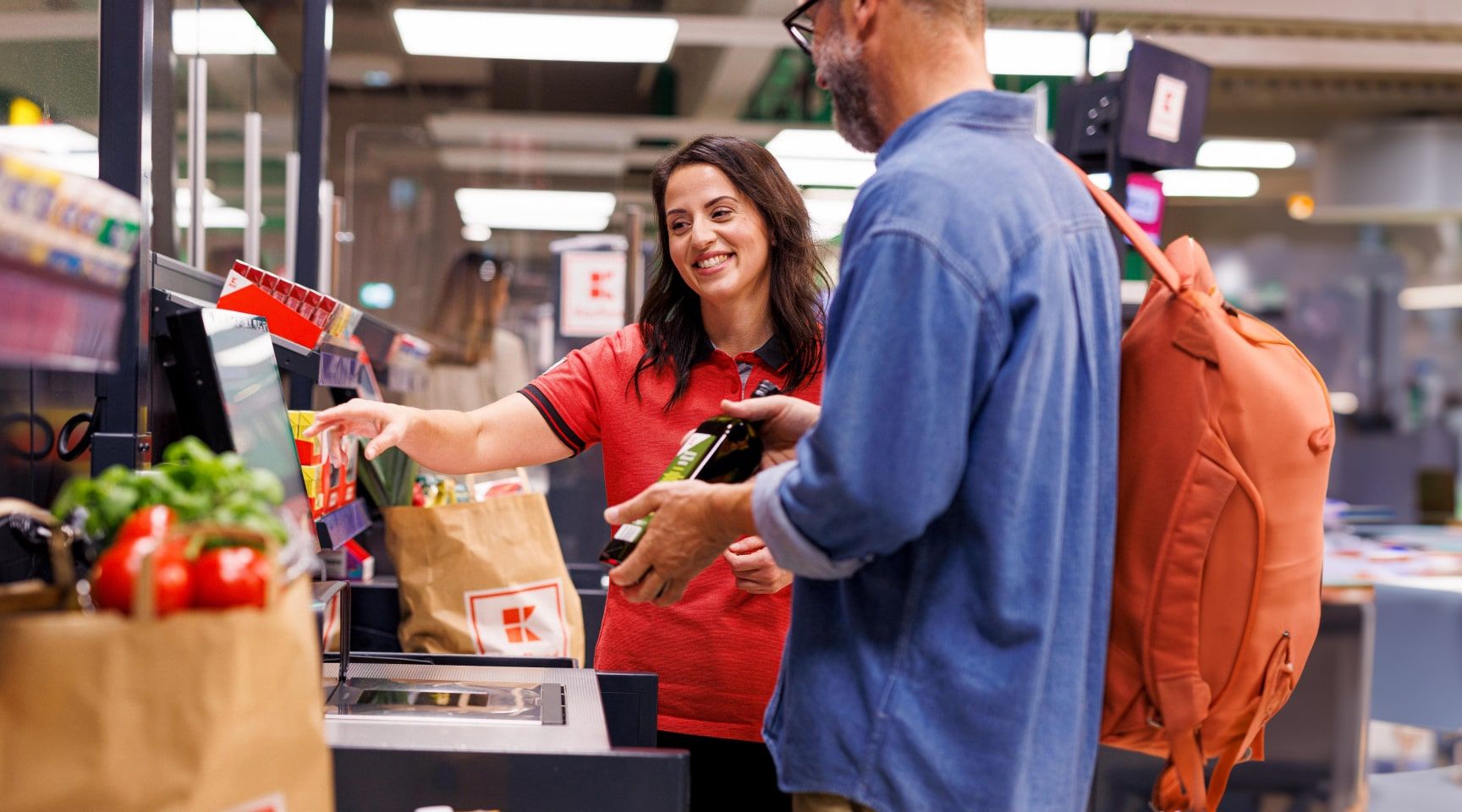
Circular Economy
Making New Products from Plastic Waste Rather than Watching Resources Being Wasted.
Securing Supplies Rather than Risking Empty Shelves.
Climate
Making Climate-friendly Nutrition Affordable Rather than just Talking about Climate Change.
Accelerating Climate Protection Rather than Standing Still.
Digitalization
Creating Sovereign Digital Solutions Rather than Waiting for Others.
We make our joint commitment transparent: from the supply of renewable energy to global resource conservation initiatives – not just thinking ahead, but acting ahead. The jointly created sustainability report of the companies of Schwarz Group.
